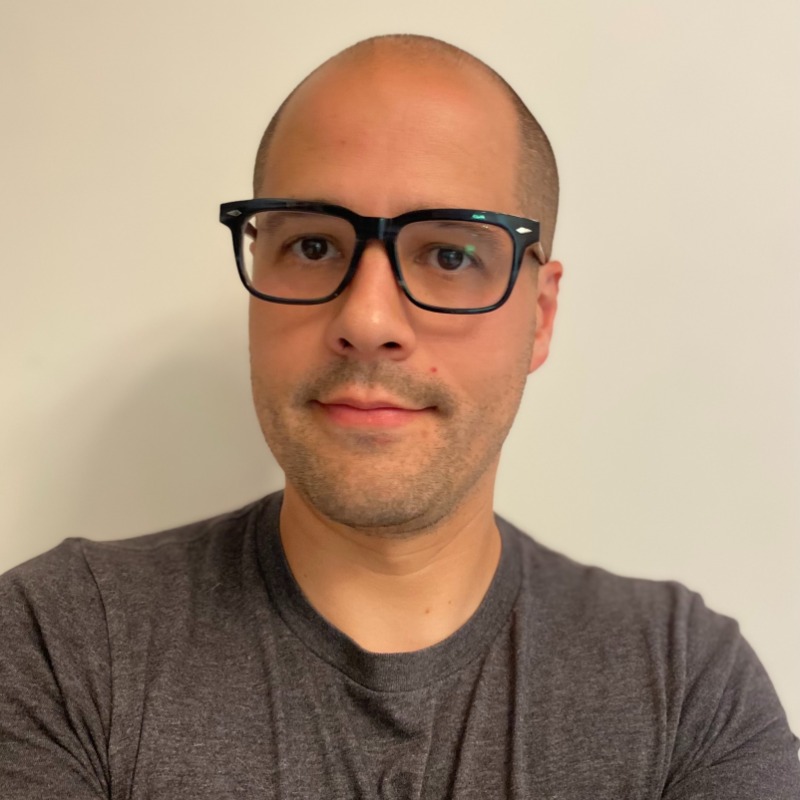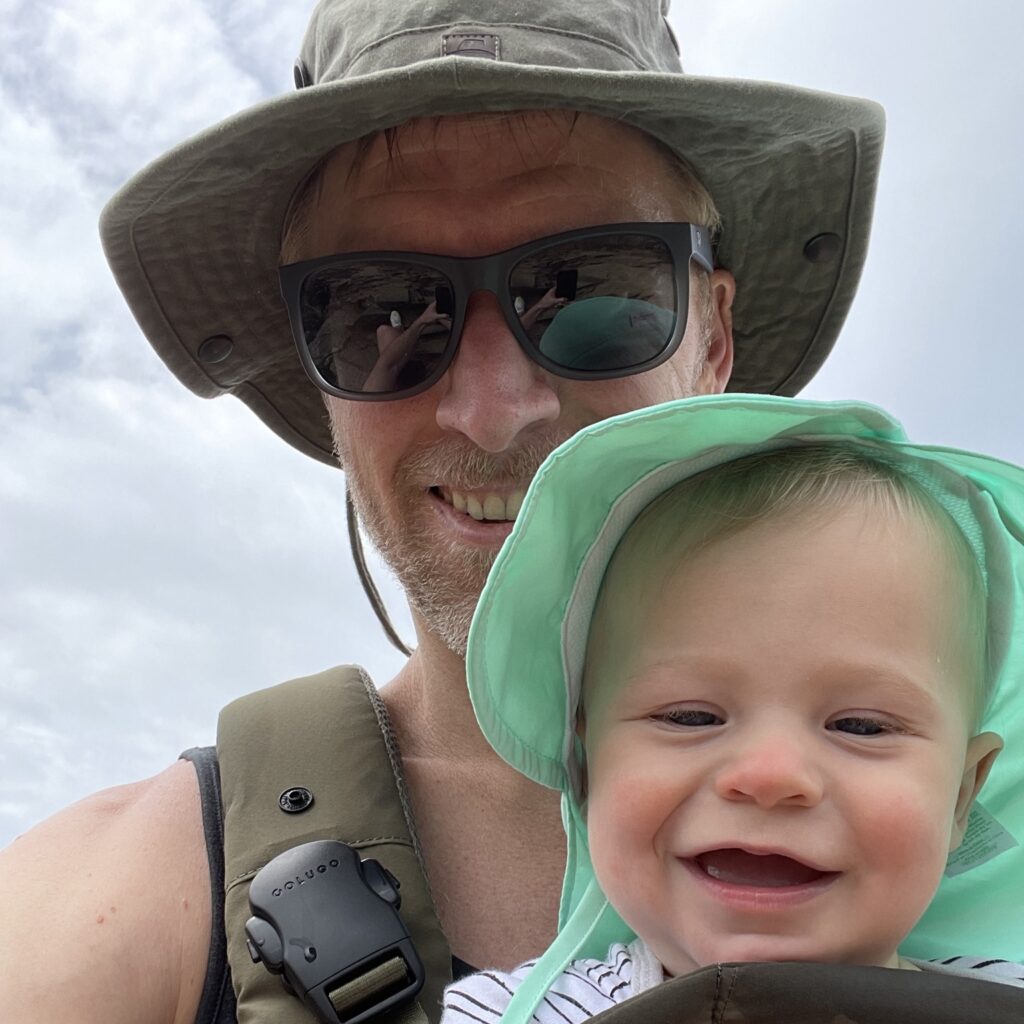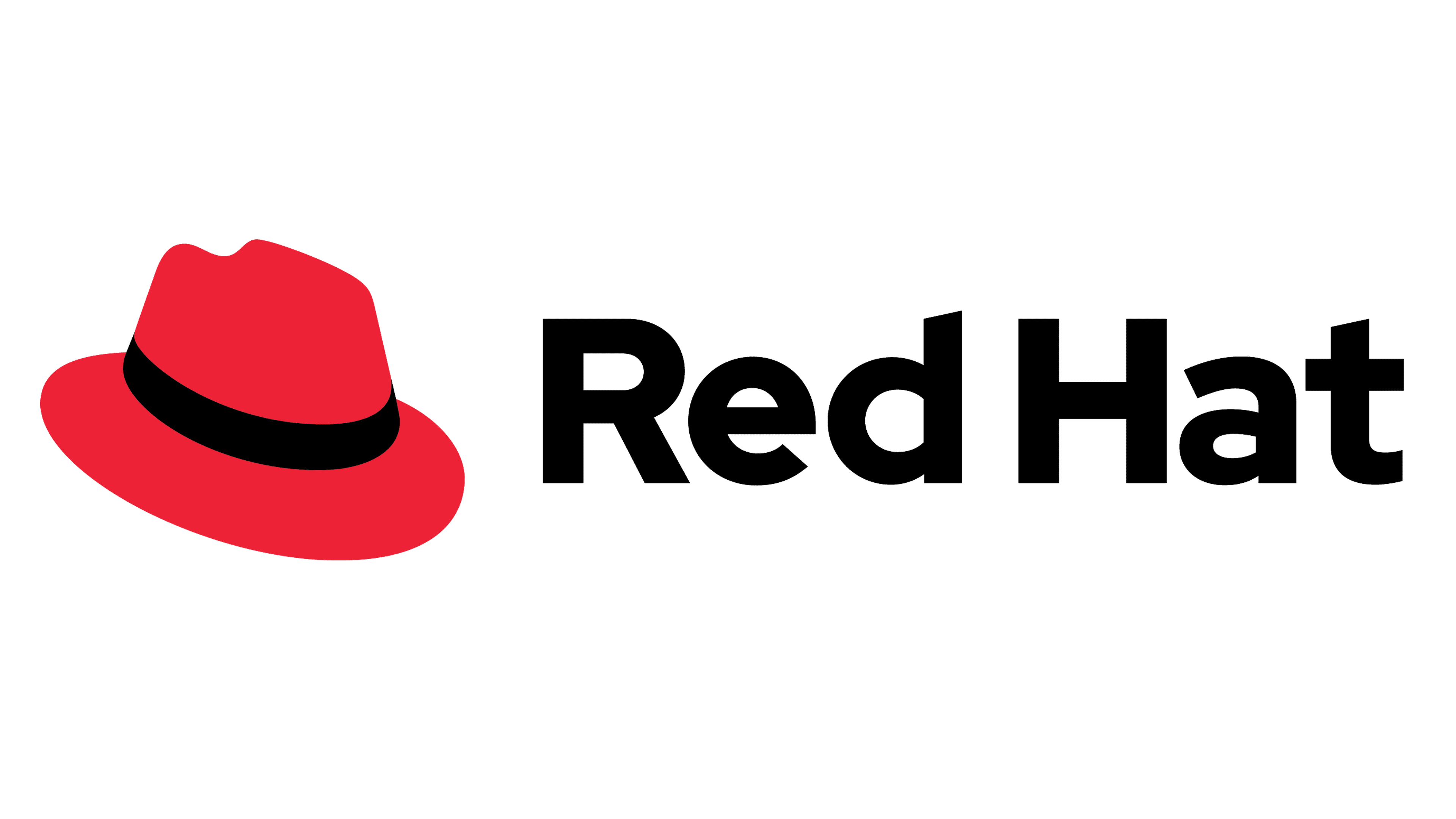About P99 CONF 2023
P99 CONF is the technical conference for anyone who obsesses over high-performance, low-latency applications. Engineers from Netflix, Google, Meta, Twitter, TikTok, Uber + more share 50+ talks on topics like Rust, Go, Zig, distributed data systems, Kubernetes, edge, and AI/ML.
Featured Speakers
Explore Rust, C++, Go, event streaming architectures, distributed databases, Linux kernel, observability, K8s & more
Follow us on Twitter @p99conf for announcements!

Jens Axboe
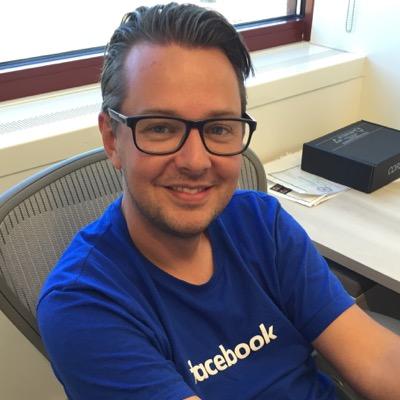
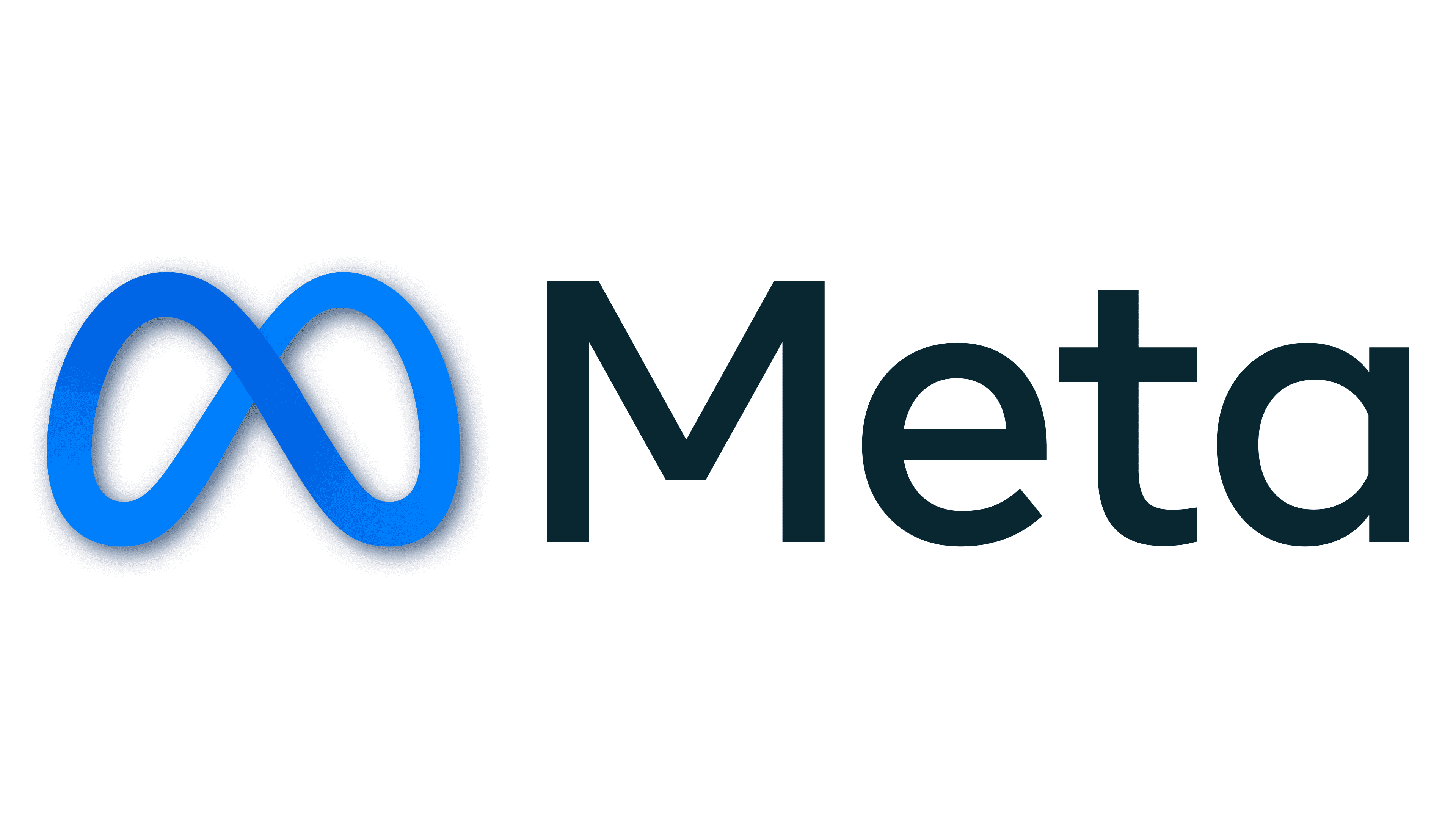
Jens Axboe
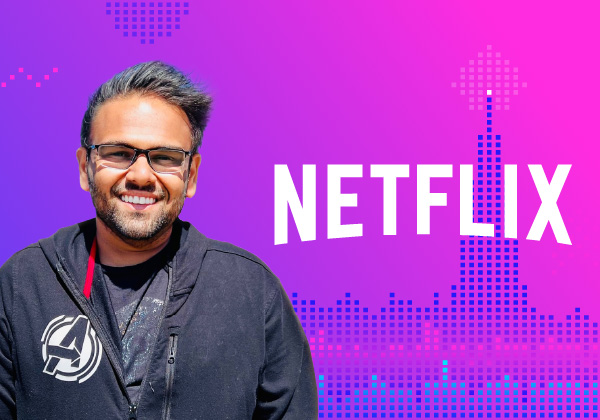
How Netflix Builds High Performance Applications at Global Scale
Prasanna Vijayanathan
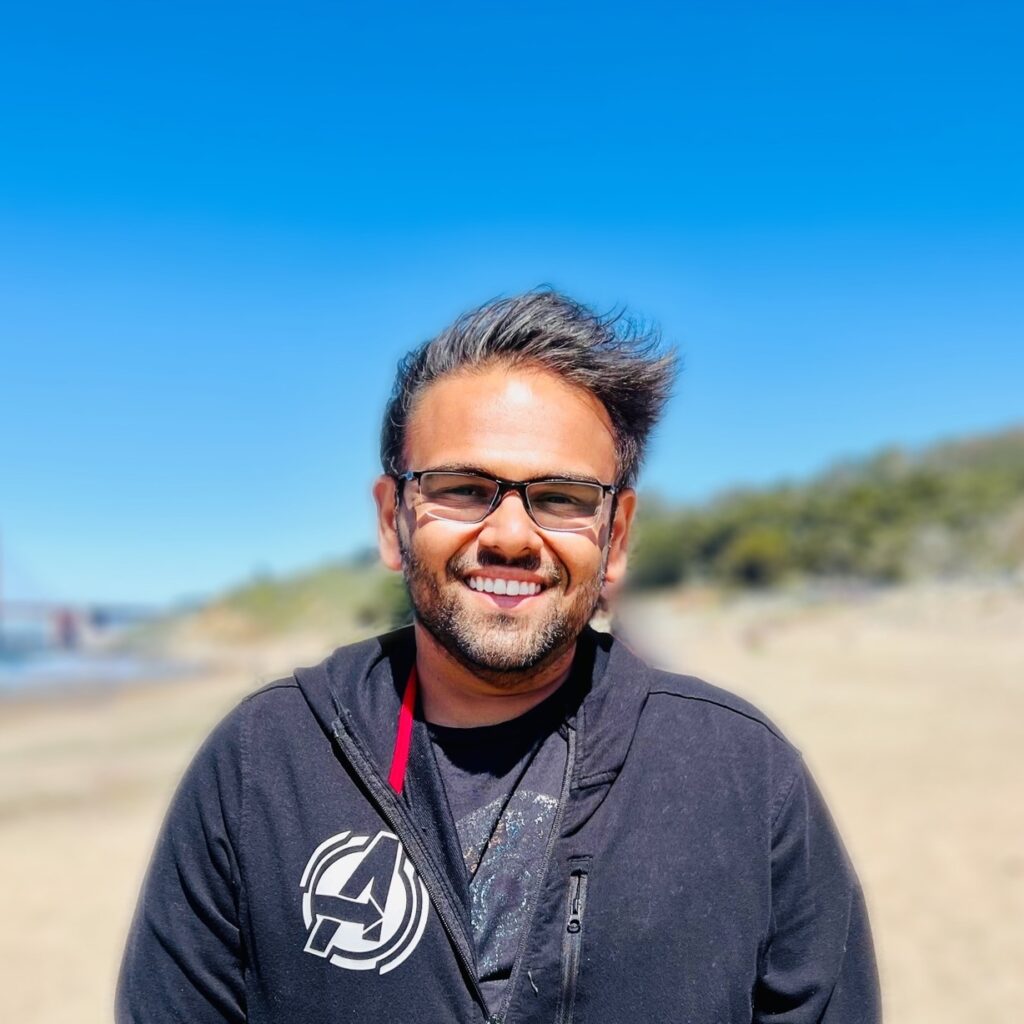

Prasanna Vijayanathan
How Netflix Builds High Performance Applications at Global Scale
Prasanna Vijayanathan is a seasoned professional with over a decade of experience in building high-performance applications and frameworks. Currently employed at Netflix, he holds a prominent role as an engineer and lead, spearheading initiatives aimed at gaining a deeper understanding of users and leveraging those insights to enhance the overall user experience across applications. Throughout his career, Prasanna has taken on diverse roles within various organizations, showcasing his versatility and adaptability. As an engineer, his technical expertise and proficiency lie in building high performance, low latency applications on web and mobile platforms through the use of data analysis and artificial intelligence. His passion for innovation and problem-solving has consistently driven him to deliver cutting-edge applications, work that he has presented at many international conferences, journals and publications. In addition to his technical acumen, Prasanna has also excelled as an engineering leader and manager, building teams from scratch, fostering collaboration and creating an environment conducive to innovation. His strong leadership skills have been instrumental in driving organizational growth and delivering impactful solutions. Beyond his professional endeavors, Prasanna has actively contributed to the community as an executive director on boards of non-profit organizations and a mentor to many students and engineers. His dedication to making a positive impact extends beyond the tech industry, as he leverages his skills and experience to support the missions of these non-profits. His ability to navigate diverse landscapes and bring about meaningful change showcases his commitment to driving social impact and giving back to society.

Measuring the Impact of Network Latency at Twitter
Zhen Li


Zhen Li
Measuring the Impact of Network Latency at Twitter
Zhen Li is a Data Scientist at TikTok.
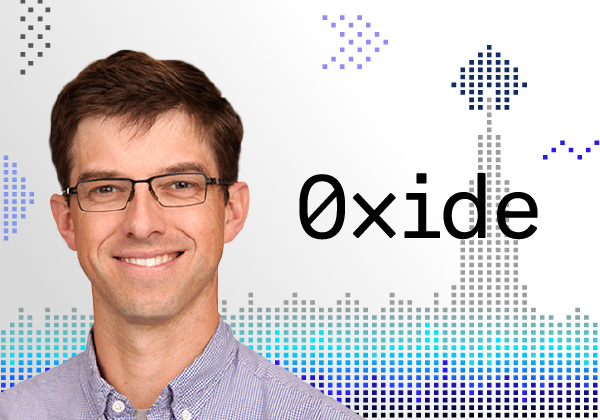
Corporate Open Source Anti-Patterns: A Decade Later
Bryan Cantrill
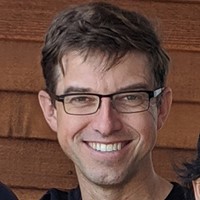

Bryan Cantrill
Corporate Open Source Anti-Patterns: A Decade Later
Bryan Cantrill is a software engineer who has spent a quarter of a century at the hardware/software interface. He is the co-founder and CTO of Oxide Computer Company, which is endeavoring to build a rack-scale computer for the post-cloud era. Prior to Oxide he spent nearly a decade at Joyent, a cloud computing pioneer; prior to Joyent, he spent fourteen years at Sun Microsystems, a now-defunct computer company that Bryan's nine-year-old daughter apparently thought was a brewery.

Taming P99 Latencies at Lyft: Tuning Low-Latency Online Feature Stores
Bhanu Renukuntla


Bhanu Renukuntla
Taming P99 Latencies at Lyft: Tuning Low-Latency Online Feature Stores
Bhanu Renukuntla is a Senior Software Engineer at Lyft Inc., where he is working on the ML Feature store. Before Lyft, Bhanu was an early employee at a San Francisco based startup where spent his time building the Data and ML platform. He earned his Master of Science degree in Electrical and Computer Engineering from UC San Diego and his B.Tech in Electrical Engineering from IIT Bombay.
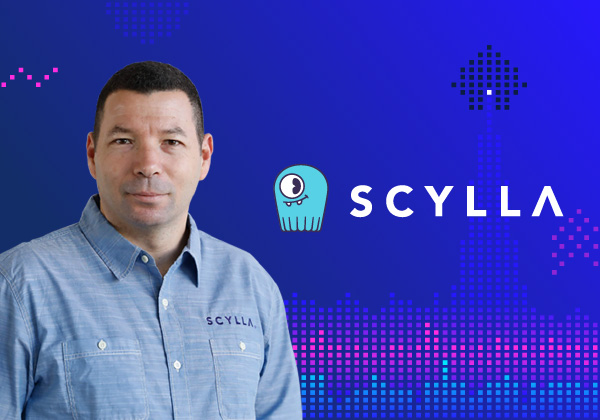
Quantifying the Performance Impact of Shard-per-core Architecture
Dor Laor
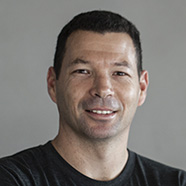

Dor Laor
Quantifying the Performance Impact of Shard-per-core Architecture
Dor Laor is the CEO of ScyllaDB. Previously, Dor was part of the founding team of the KVM hypervisor under Qumranet that was acquired by Red Hat. At Red Hat Dor was managing the KVM and Xen development for several years. Dor holds an MSc from the Technion and a Phd in snowboarding.

Running a Go App in Kubernetes: CPU Impacts
Teiva Harsanyi
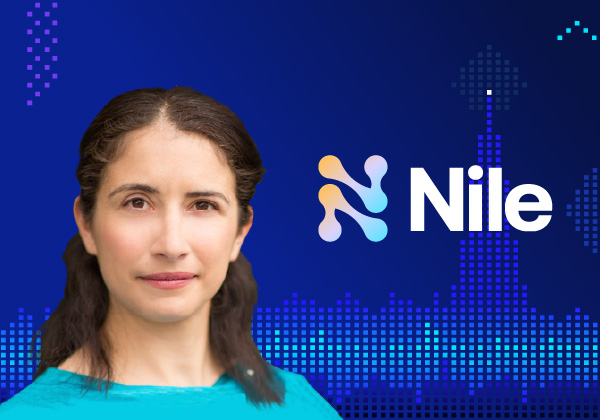
High Performance on a Low Budget
Gwen Shapira
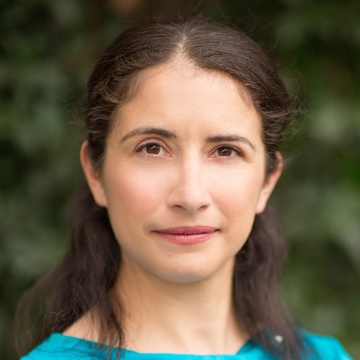
Gwen Shapira
High Performance on a Low Budget
Gwen is a co-founder and CPO of Nile (thenile.dev). She has 20+ years of experience working with code and customers to build reliable and scalable data architectures - most recently as the head of Cloud Native Kafka engineering org at Confluent. Gwen is a committer to Apache Kafka, author of “Kafka - the Definitive Guide” and "Hadoop Application Architectures." You can find her speaking at tech conferences or talking data at the SaaS Developer Community (https://www.youtube.com/@saas-dev).
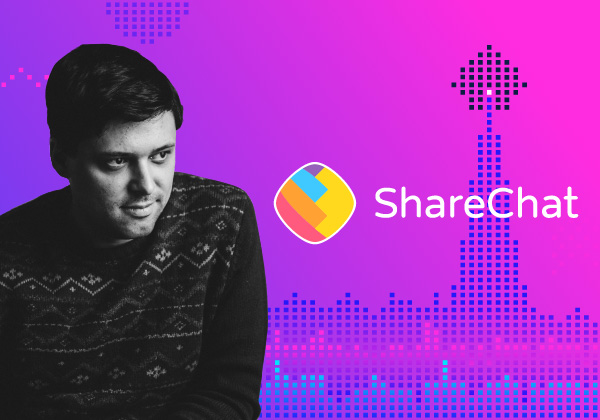
From 1M to 1B Features Per Second: Scaling ShareChat's ML Feature Store
Ivan Burmistrov
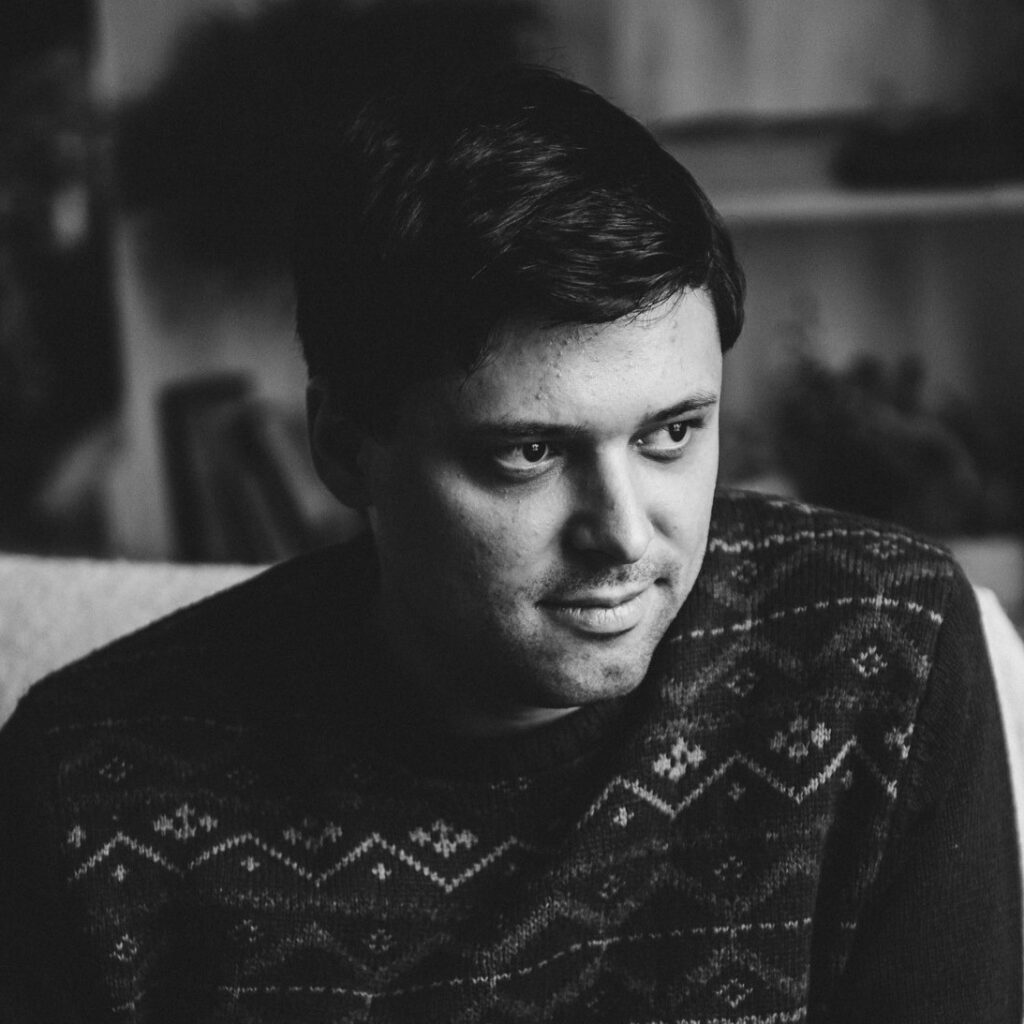

Ivan Burmistrov
From 1M to 1B Features Per Second: Scaling ShareChat's ML Feature Store
Ivan is an experienced Software Engineer, ex-Facebook, ex-ScyllaDB, passionate about performance problems in distributed systems. He is leading the effort to build a world-class Feature Engineering framework at ShareChat.
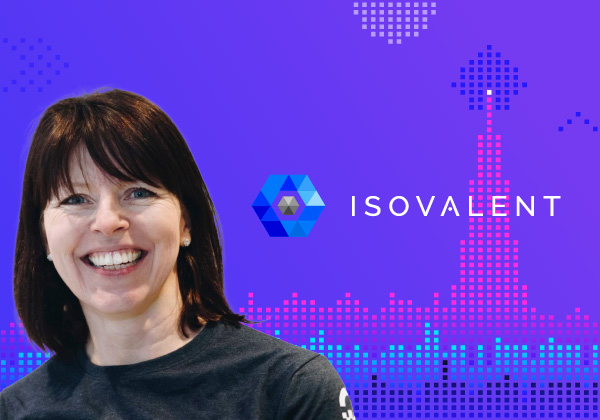
eBPF vs Sidecars
Liz Rice
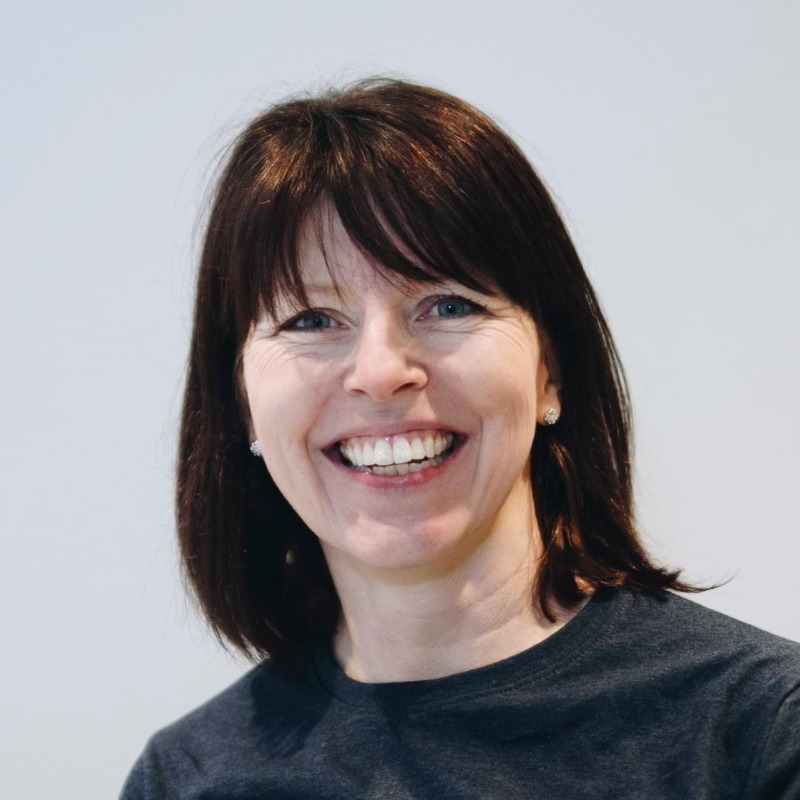
Liz Rice
eBPF vs Sidecars
Liz Rice is Chief Open Source Officer with eBPF specialists Isovalent, creators of the Cilium cloud-native networking, security, and observability project. She was Chair of the CNCF's Technical Oversight Committee in 2019-2022, and Co-Chair of KubeCon + CloudNativeCon in 2018. She is also the author of Container Security, published by O'Reilly. She has a wealth of software development, team, and product management experience from working on network protocols and distributed systems, and in digital technology sectors such as VOD, music, and VoIP. When not writing code, or talking about it, Liz loves riding bikes in places with better weather than her native London, competing in virtual races on Zwift, and making music under the pseudonym Insider Nine.

How to Improve Your Ability to Solve Complex Performance Problems
Kerry Osborne


Kerry Osborne
How to Improve Your Ability to Solve Complex Performance Problems
Kerry Osborne is a database performance specialist. He is a founder of Enkitec; an expert model Oracle-focused consulting company that was acquired by Accenture in 2014 (now the Accenture Enkitec Group). He is also a founder of Gluent, a software company which provided transparent connections between many analytic engines (Oracle, Microsoft SQL, Snowflake, BigQuery, Redshift, Hadoop, Synapse, …) Gluent’s IP was acquired by Google in 2022 and the team joined Google to form a specialized group of databases experts (Database Black Belts) that focus on helping enterprise customers and improving Google’s database products by infusing Gluent IP. Kerry has co-authored two performance focused books, Pro Oracle SQL and Expert Oracle Exadata.
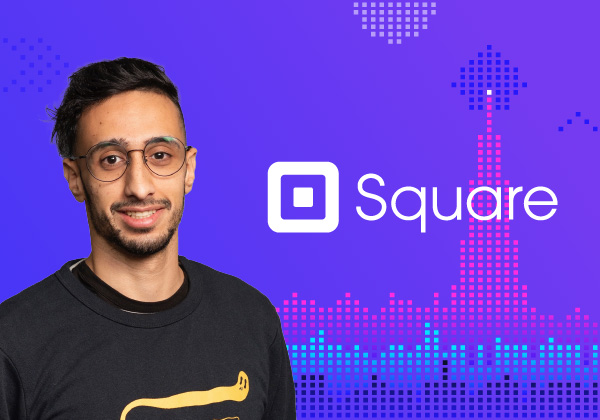
Square's Lessons Learned from Implementing a Key-Value Store with Raft
Omar Elgabry
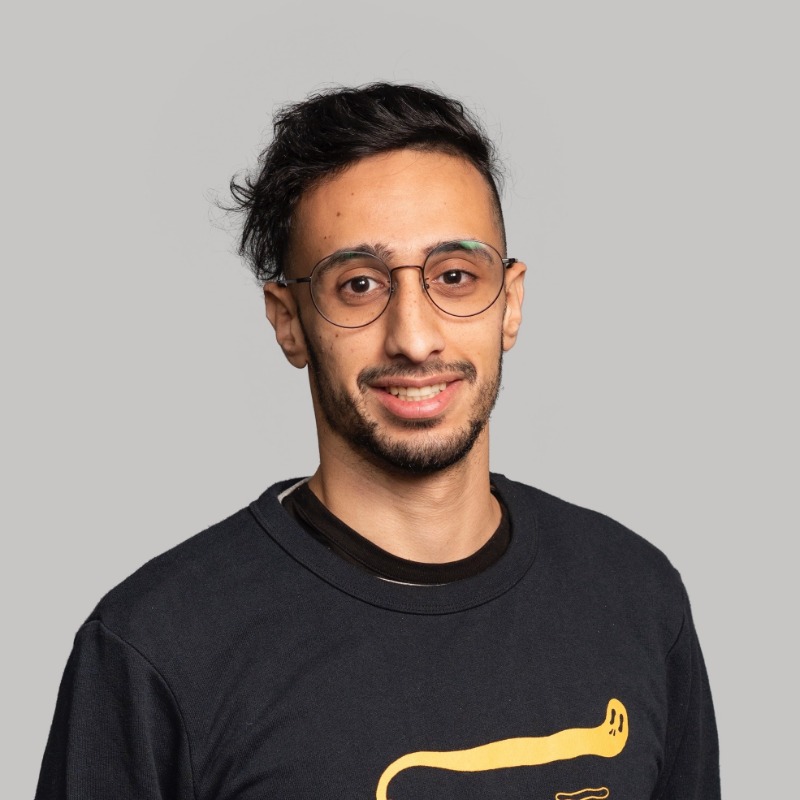

Omar Elgabry
Square's Lessons Learned from Implementing a Key-Value Store with Raft
A software engineer (B.S. CS & SWE, Jul '15), a writer, a teacher, a hackathon winner, with a polymorphic personality, born in Egypt, lived and worked in India, Turkey, and currently Canada.
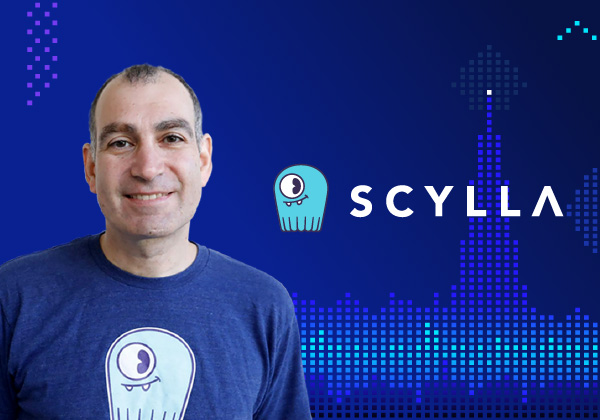
Improving ScyllaDB Elasticity with Tablets
Avi Kivity
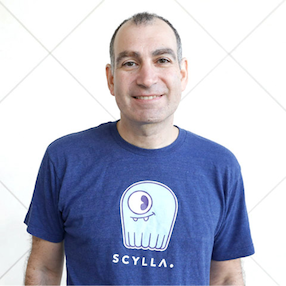

Avi Kivity
Improving ScyllaDB Elasticity with Tablets
Avi Kivity, CTO of ScyllaDB, is known mostly for starting the Kernel-based Virtual Machine (KVM) project, the hypervisor underlying many production clouds. He has worked for Qumranet and Red Hat as KVM maintainer until December 2012. Avi is now CTO of ScyllaDB, a company that seeks to bring the same kind of innovation to the public cloud space.
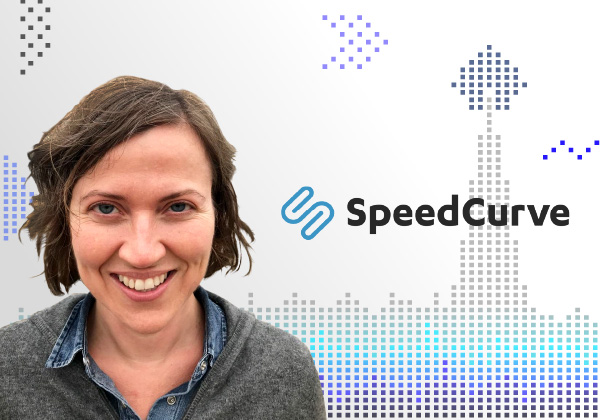
Performance Budgets for the Real World
Tammy Everts
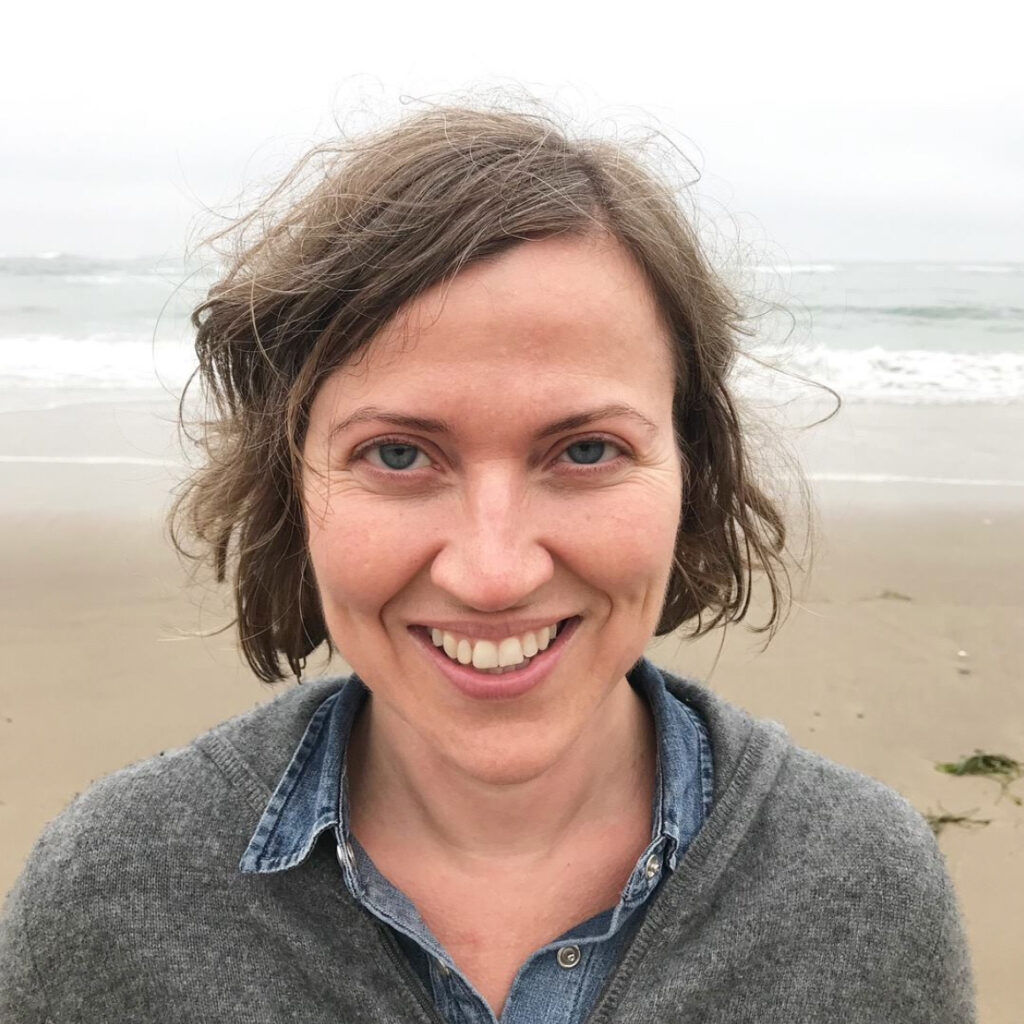

Tammy Everts
Performance Budgets for the Real World
Tammy is Chief Experience Officer at SpeedCurve, where she helps companies understand how visitors use their websites, as well as a co-chair of the performance.now() conference. Tammy has spent the past two decades studying how people use the web. Since 2009, she’s focused on the intersection between web performance, user experience, and business metrics. Her book, Time Is Money: The Business Value of Web Performance from O’Reilly, is a distillation of much of this research. She also co-curates WPOStats.com, a collection of performance case studies.

A Deterministic Walk Down TigerBeetle’s main() Street
Aleksei Kladov
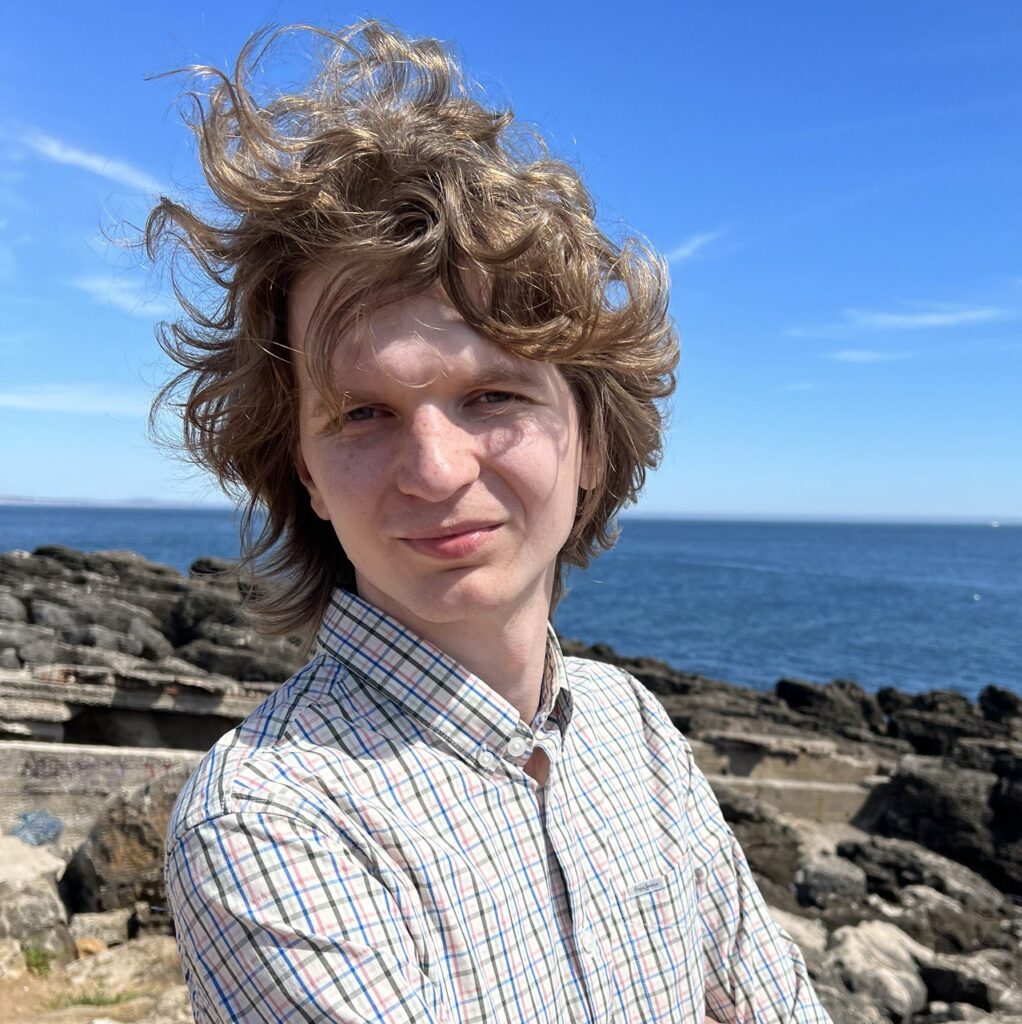

Aleksei Kladov
A Deterministic Walk Down TigerBeetle’s main() Street
Aleksei is a staff software engineer at TigerBeetle. Before that, Aleksei worked on IDE support for the Rust programming language, but TigerBeetle's deterministic, non-allocating Zig codebase proved too hard to resist.
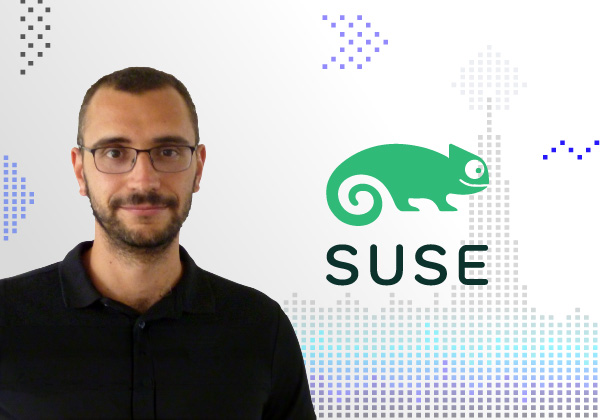
VM Performance: The Differences Between Static Partitioning or Automatic Tuning
Dario Faggioli
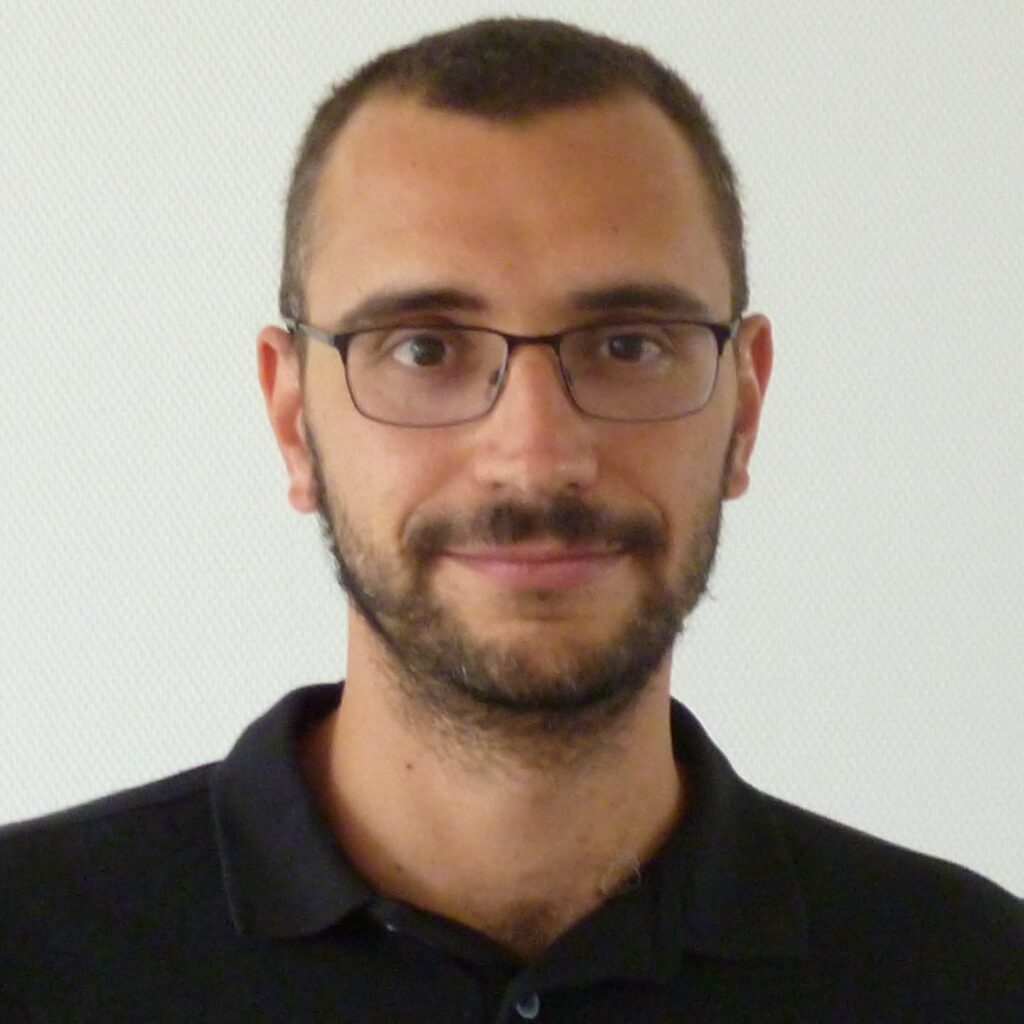
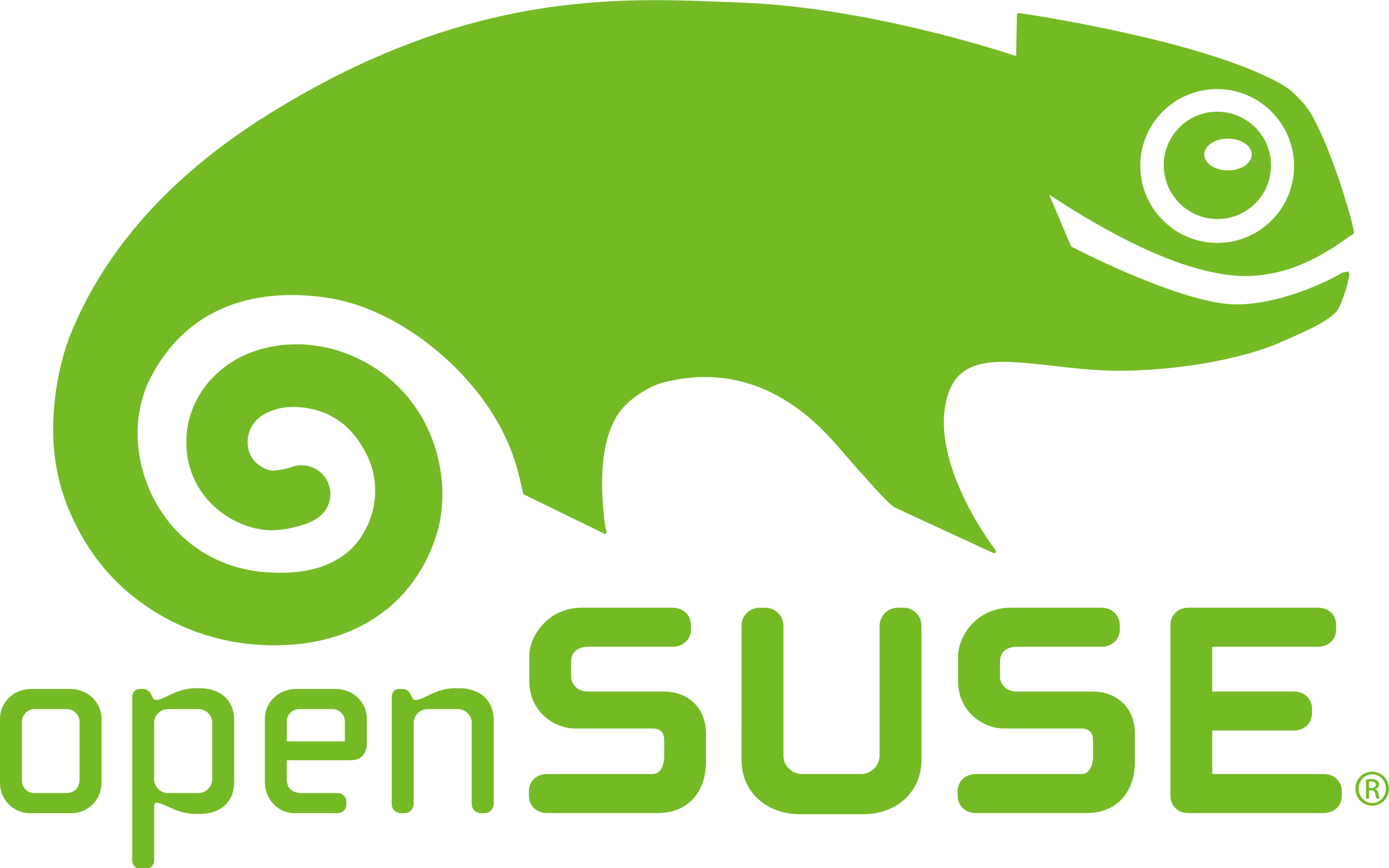
Dario Faggioli
VM Performance: The Differences Between Static Partitioning or Automatic Tuning
Dario is a Virtualization Software Engineer at SUSE. He's been active in the Open Source virtualization space for a few years. Within the Xen-Project, he is still the maintainer of the Xen hypervisor scheduler. He also works on Linux kernel, KVM, Libvirt, and QEMU. Back during his Ph.D., he worked on real-time scheduling on Linux, and he's one of the original authors of what today is the SCHED_DEADLINE scheduling class. He currently focuses on scheduling and on measuring and improving performance. Since 2010, he has spoken at several events and conferences such as Linux Kernel Summit, Linux Plumbers, previous editions of the Xen-Project Developers Summit, FOSDEM, LinuxLab, OSPM, Linux Foundation's Open Source Summit and KVM Forum. He has also given technical seminars about Computer Architecture at the University of Pisa, the University of Modena, and the Scuola Superiore Sant'Anna.
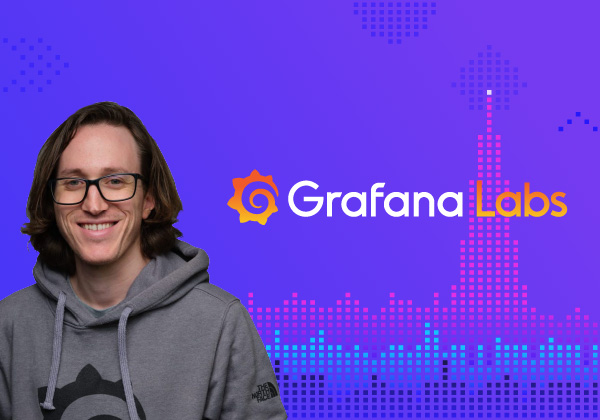
Cache Me If You Can: How Grafana Labs Scaled Up Their Memcached 42x & Cut Costs Too
Danny Kopping
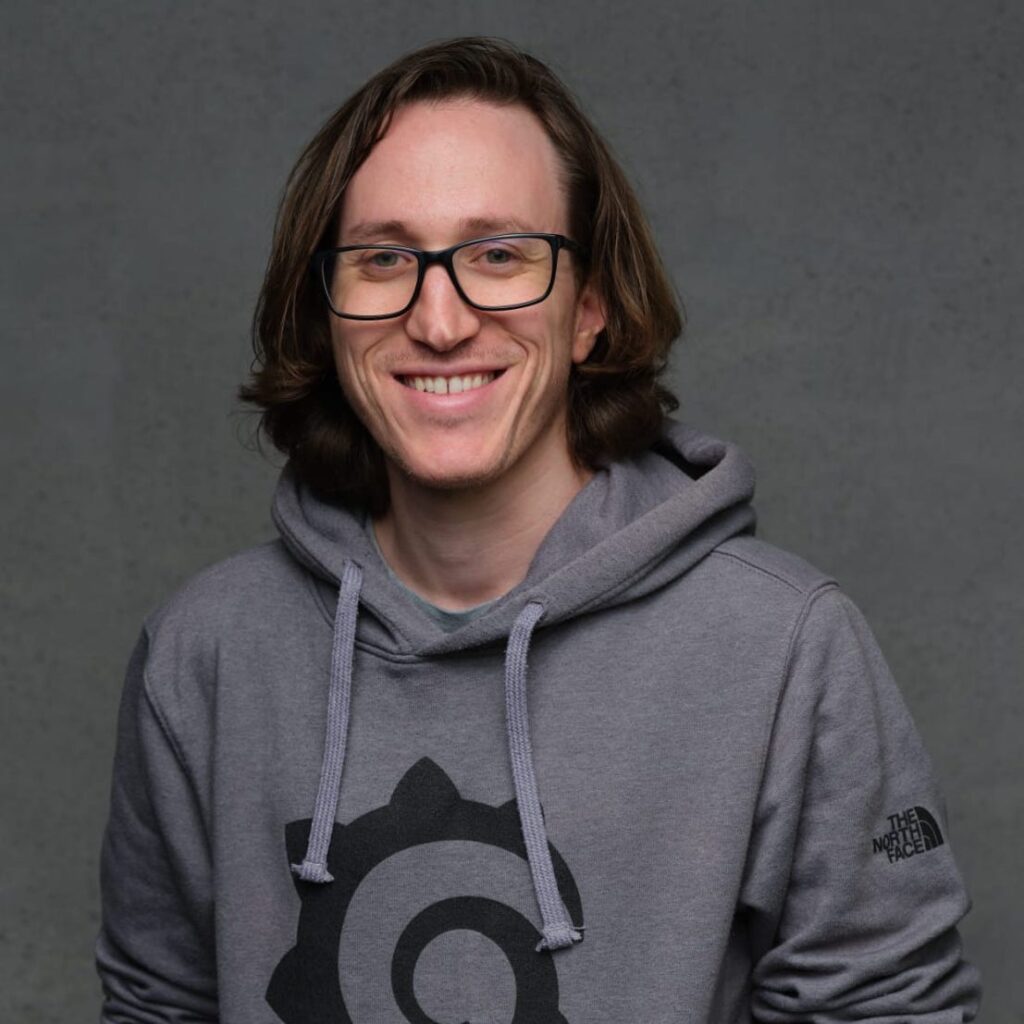

Danny Kopping
Cache Me If You Can: How Grafana Labs Scaled Up Their Memcached 42x & Cut Costs Too
Danny is an engineer at Grafana Labs, based in South Africa. He works on both the Loki open-source product and the Grafana Cloud Logs hosted service. His interests include Go, Linux, playing drums, and the outdoors.

Low-Latency Data Access: The Required Synergy Between Memory & Disk
Kriti Kathuria
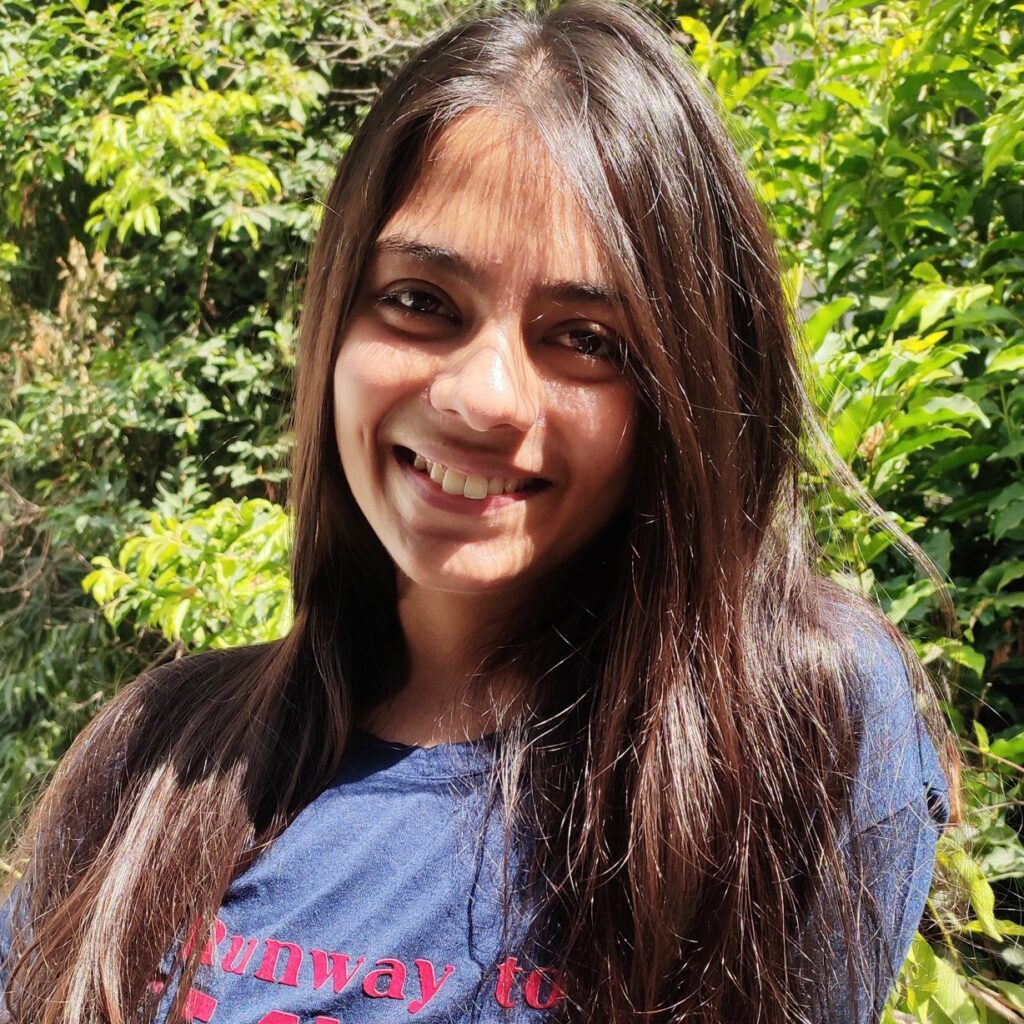

Kriti Kathuria
Low-Latency Data Access: The Required Synergy Between Memory & Disk
Kriti is a database researcher, with efficient data processing as one of her research areas. She worked on various aspects of databases, especially transactions and query processing. She also has experience building large-scale data-intensive applications on the cloud. Her work on consensus algorithms at UWaterloo with Dr. Ken Salem seeks to establish a new notion of durability, with the goal of enhancing performance and response time. The fundamental nature of this work will impact every single distributed system in the world today. Her work at CWI with Ilaria Battiston and Dr. Peter Boncz on incremental view maintenance seeks to efficiently implement constant time algorithms in a resource-constrained environment to avoid recomputing the entire data for every update. Her previous work includes designing a storage layout for fast data retrieval in KuzuDB, SSD-efficient data structures structure, and efficient external memory sorting techniques.
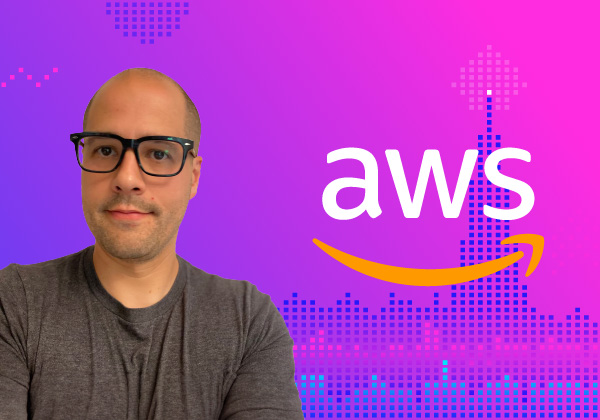
Expanding Horizons: A Case for Rust Higher Up the Stack
Carl Lerche
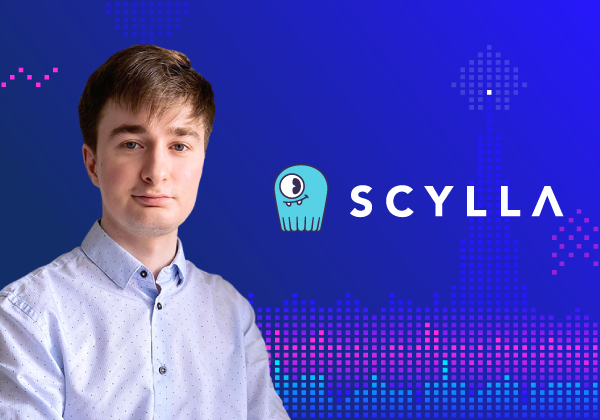
Conquering Load Balancing: Experiences from ScyllaDB Drivers
Piotr Grabowski


Piotr Grabowski
Conquering Load Balancing: Experiences from ScyllaDB Drivers
Piotr is a Software Team Leader at ScyllaDB, responsible for drivers and connectors to ScyllaDB. From a young age, he participated in many competitive programming contests. He holds a MSc in Computer Science from the University of Warsaw.
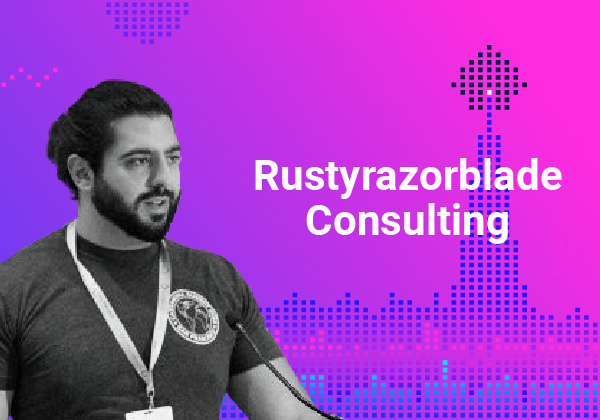
Distributed System Performance Troubleshooting Like You’ve Been Doing it for Twenty Years
Jon Haddad
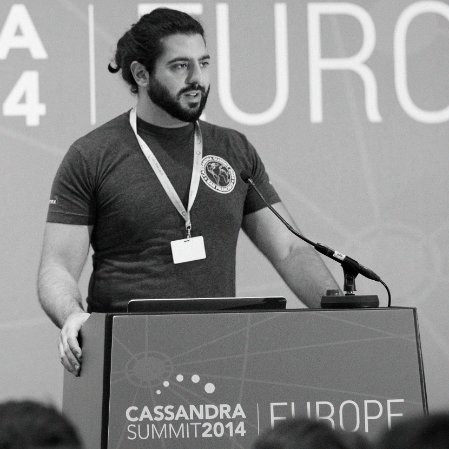
Jon Haddad
Distributed System Performance Troubleshooting Like You’ve Been Doing it for Twenty Years
Jon Haddad is a Distributed Systems Performance Analyst. He’s worked with Cassandra at startups, DataStax, The Last Pickle, Apple, and Netflix. Jon has twenty years as a software developer and database operator, has been using Cassandra for ten years and is widely recognized as one of the top experts in the Cassandra community.
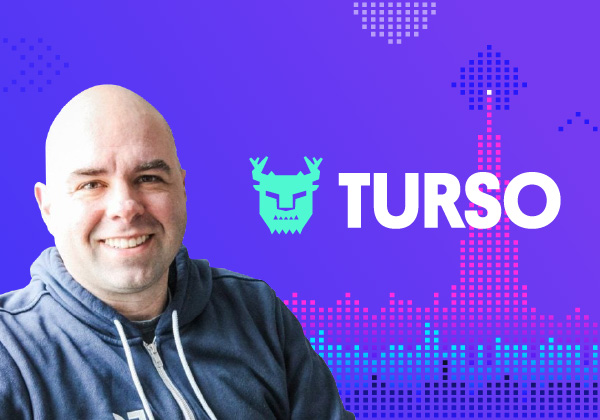
Writing Low Latency Database Applications Even If Your Code Sucks
Glauber Costa
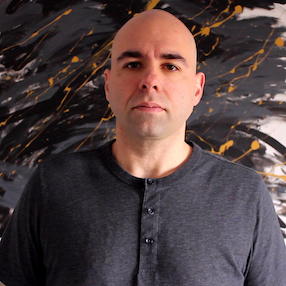

Glauber Costa
Writing Low Latency Database Applications Even If Your Code Sucks
Glauber is a veteran low-level engineer with a strong focus on performance and resource management. He has worked with a variety of subsystems in the Linux Kernel, most notably the KVM Hypervisor and the cgroups resource management infrastructure that created the foundations of the containers revolution. Glauber had spent many years with ScyllaDB working with both business and technical issues, specializing in storage I/O and automated resource controlling. Currently he is the Founder & CEO of Turso, where he authored the Glommio asynchronous framework for Rust.

Using Libtracecmd to Analyze Your Latency and Performance Troubles
Steven Rostedt


Steven Rostedt
Using Libtracecmd to Analyze Your Latency and Performance Troubles
Steven Rostedt currently works for Google on the ChromeOS performance team. He's the maintainer of the PREEMPT_RT (aka Real Time patch) stable releases. He is also one of the original developers for the Real Time patch. Steven is the main developer and maintainer for ftrace, the official tracer of the Linux kernel, as well as the user space tools trace-cmd and the libraries libtracecmd, libtracefs and libtraceevent. He also develops ktest.pl (in the kernel) and was the creator of "make localmodconfig".
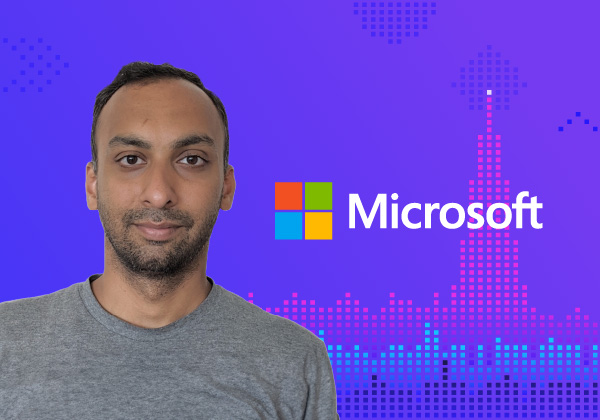
Building Low Latency ML Systems for Real-Time Model Predictions at Xandr
Chinmay Abhay Nerurkar
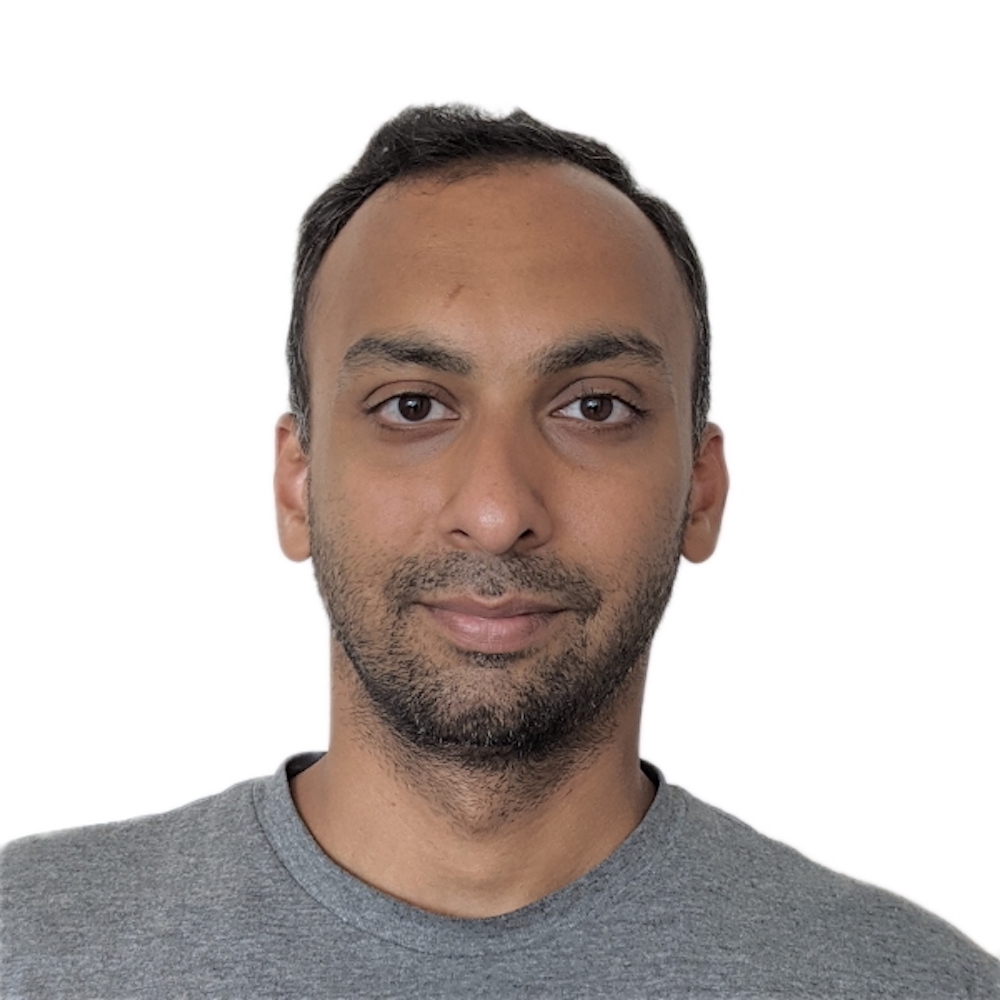

Chinmay Abhay Nerurkar
Building Low Latency ML Systems for Real-Time Model Predictions at Xandr
Chinmay Abhay Nerurkar is a Principal Engineer at Microsoft Inc. He holds a Masters's degree in Electrical Engineering from New York University and has over 14 years of diverse experience working in embedded hardware/software, digital video processing, FinTech, and the Ad-tech industry. He is currently focused on building impactful products for Microsoft Advertising harnessing the power of big data and AI/ML. He is interested in behavioral finance, economics, and contextual data analysis using NLP and artificial intelligence.
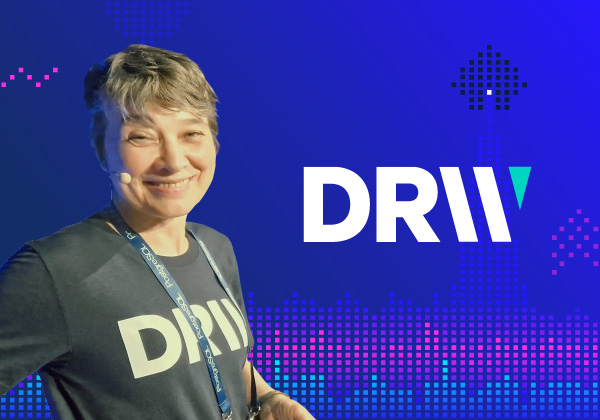
ORM is Bad, But is There an Alternative?
Henrietta Dombrovskaya
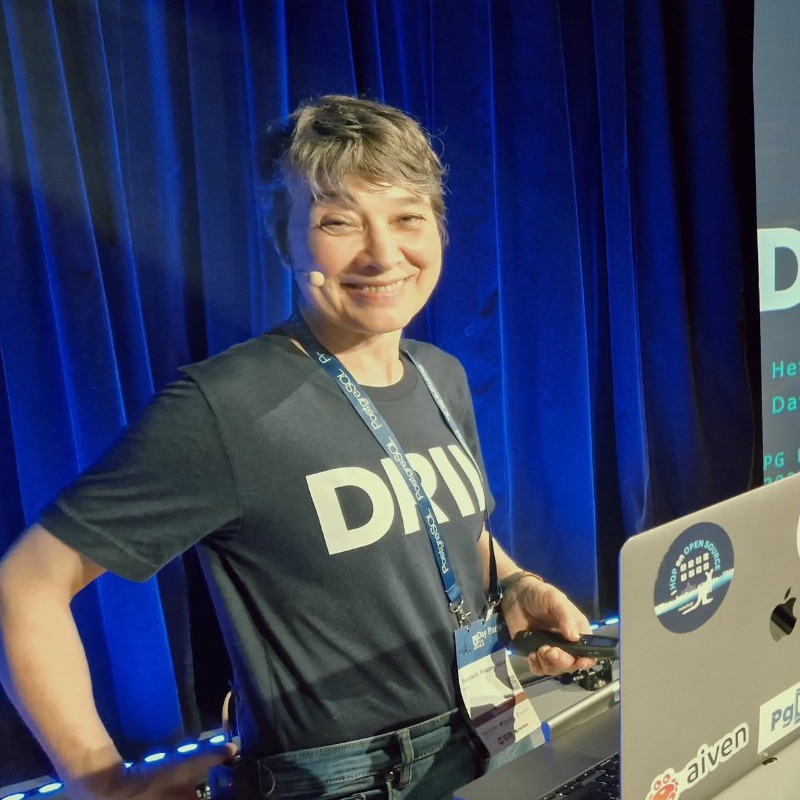
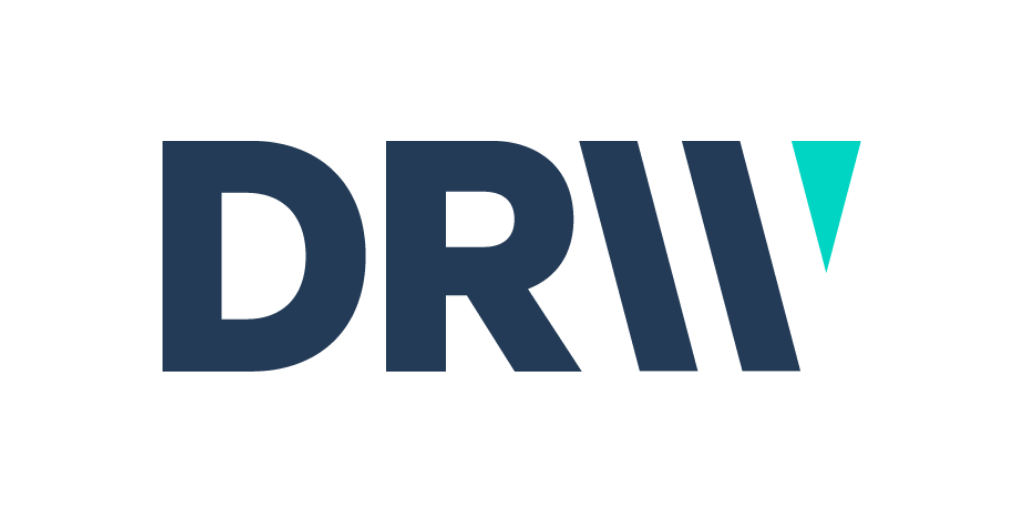
Henrietta Dombrovskaya
ORM is Bad, But is There an Alternative?
Henrietta Dombrovskaya is a database researcher and developer with over 40 years of academic and industrial experience. She holds a Ph.D. in Computer Science from the University of Saint Petersburg, Russia. At present, she is: - Database Architect at DRW - Local Organizer of the Chicago PostgreSQL User Group - Active community member, a frequent speaker at the PostgreSQL Conferences - A researcher focused on developing efficient interactions between applications and databases; - A winner of the “Technologist of the Year” 2019 award of the Illinois Technology Association - An author of the PostgreSQL Query Optimization book
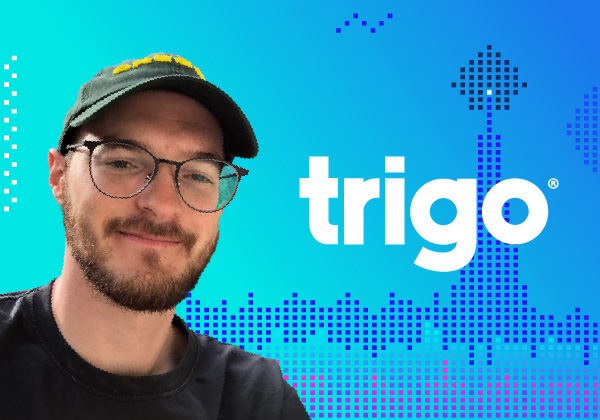
Making Python 100x Faster with Less Than 100 Lines of Rust
Ohad Ravid


Ohad Ravid
Making Python 100x Faster with Less Than 100 Lines of Rust
I love building stuff, sushi and tea. I've been working in software for more than 10 year, in a few different areas (networking, backend, big data, frontend, embedded) and in a variety of languages (C, Python, TypeScript, Rust). I'm currently a Software Team Lead.
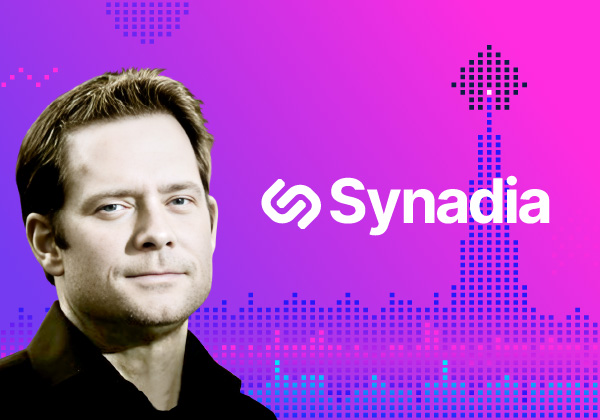
P99 Publish Performance in a Multi-Cloud NATS.io System
Derek Collison


Derek Collison
P99 Publish Performance in a Multi-Cloud NATS.io System
Derek Collison is a 30+ year industry veteran, entrepreneur, and pioneer in secure and large-scale distributed systems and cloud computing. He helped change the way financial, transportation, and logistics systems fundamentally worked while spending over a decade at TIBCO, designing systems that still power much of those industries today. At Google, Derek co-founded the AJAX APIs group and created the largest CDN for popular javascript libraries, identifying the need for easy and secure access to Google’s services without the need for additional servers. During his time at VMWare, Derek designed and architected CloudFoundry, the first open-source enterprise PaaS. He then founded Apcera, a company designed to drive security and policy into easy to use platform technologies. After the successful sale of Apcera to Ericsson, Derek took the messaging technology he designed to power the CloudFoundry and Apcera systems, NATS.io, and created Synadia. Synadia is pioneering secure and global messaging as a digital utility to help drive security and powerful communication and collaboration into IoT, edge, and cloud computing systems. He is also a technology futurist around Artificial Intelligence, Machine Learning, IOT and Cloud Computing.
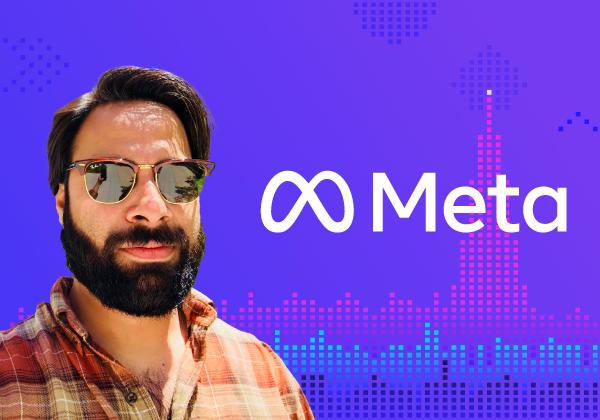
Zero Downtime Critical Traffic Migration @Netflix Scale
Abhishek Pandey
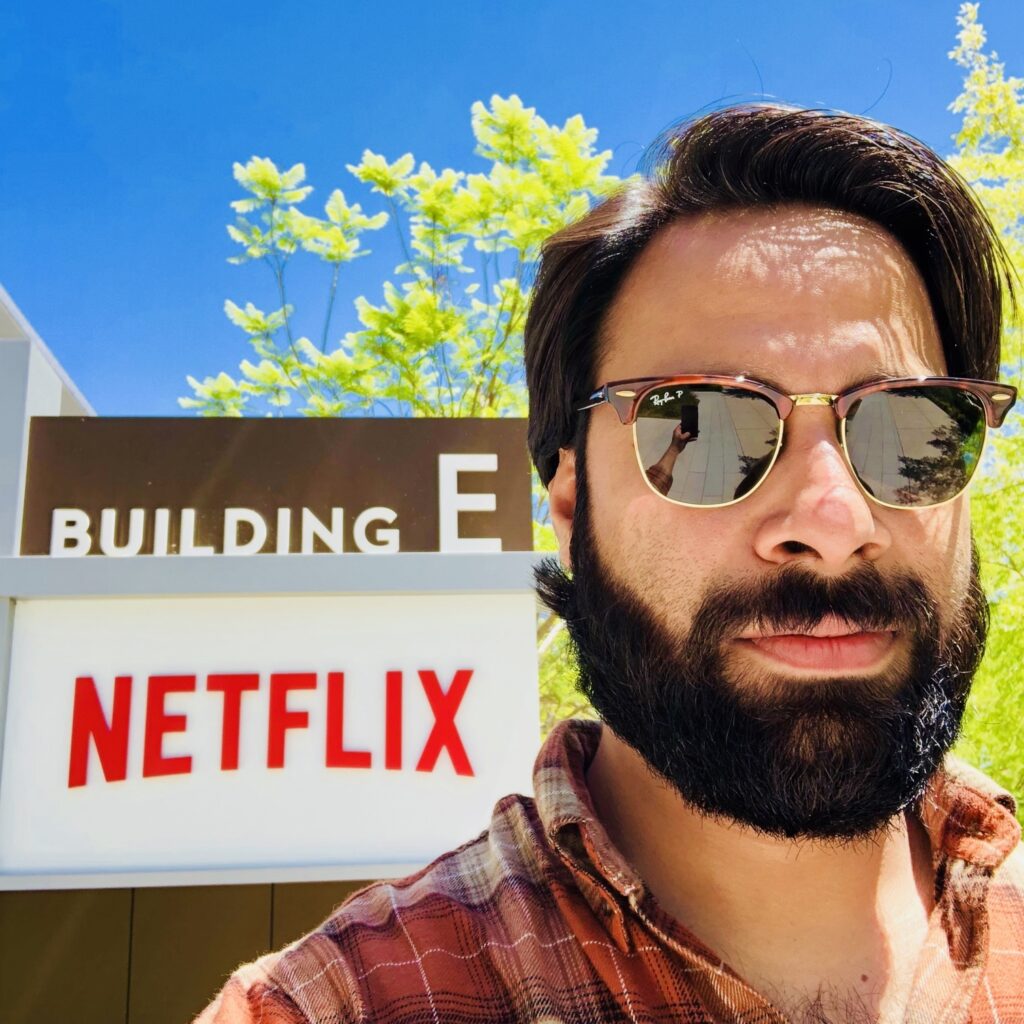

Abhishek Pandey
Zero Downtime Critical Traffic Migration @Netflix Scale
Abhi is a Tech Lead at Meta where he is currently developing cutting-edge AI/ML infrastructure. Before Meta, he was the senior engineer in the User Systems and Data team within Netflix. Where he championed a bunch of critical migration projects that helped Netflix scale to more than 200 Million users and adopt some cutting-edge technologies. Prior to Netflix, Abhi was an early engineer in some of the well-known startups like Uber and Appdynamics where he worked on low-level systems and wrote the platform and infrastructure layers to enable developers to do their job better.
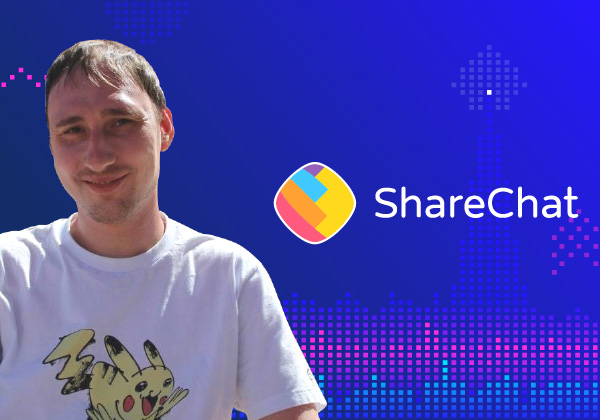
From 1M to 1B Features Per Second: Scaling ShareChat's ML Feature Store
Andrei Manakov
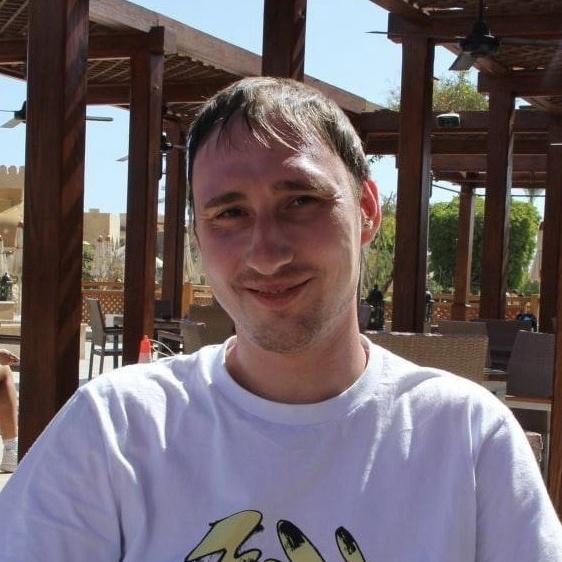

Andrei Manakov
From 1M to 1B Features Per Second: Scaling ShareChat's ML Feature Store
Andrei has over 12 years of experience as a Software Engineer in building high-load distributed systems. Currently, he is developing cutting-edge ML infrastructure.
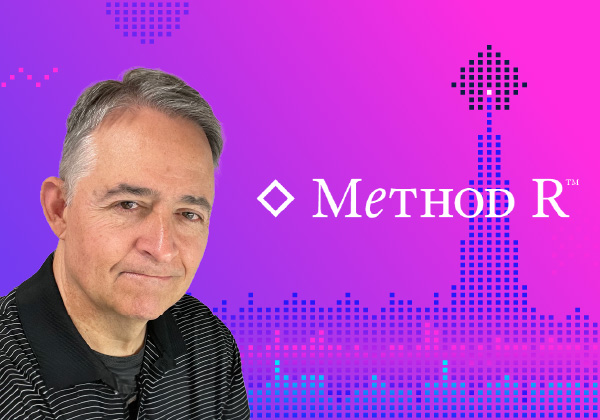
The History of Tracing Oracle
Cary Millsap


Cary Millsap
The History of Tracing Oracle
Cary Millsap spent the 1990s learning a lifetime’s worth of lessons about software performance as a consultant for Oracle Corporation. In his ten years at Oracle, he personally helped over a hundred customers, and he created an elite 85-person team who have helped hundreds more. He left Oracle in 1999 to grow his family, and he has been an entrepreneur ever since. Cary has educated thousands of professionals through his commitment to writing, teaching, and speaking at public events. His books “Tracing Oracle” and “Mastering Oracle Trace Data” help professionals optimize any Oracle-based application. His newest book, “How to Make Things Faster: Lessons in Performance from Technology and Everyday Life,” is for anybody who is curious about performance and how to improve it.
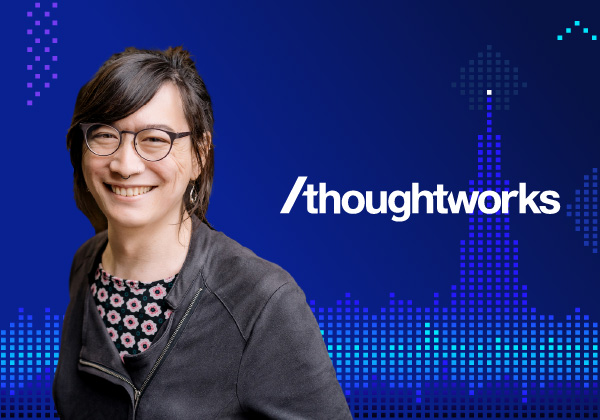
Beyond Availability: The Seven Dimensions for Data Product SLOs
Emily Gorcenski


Emily Gorcenski
Beyond Availability: The Seven Dimensions for Data Product SLOs
I am a Principal Data Scientist and Head of Data for Thoughtworks Germany. I have a background in research engineering and computational and applied mathematics. I work as a data and software engineer, developing and architecting data driven applications. I am a strong advocate for data journalism and have contributed research, materials, and expertise to multiple award-winning projects.
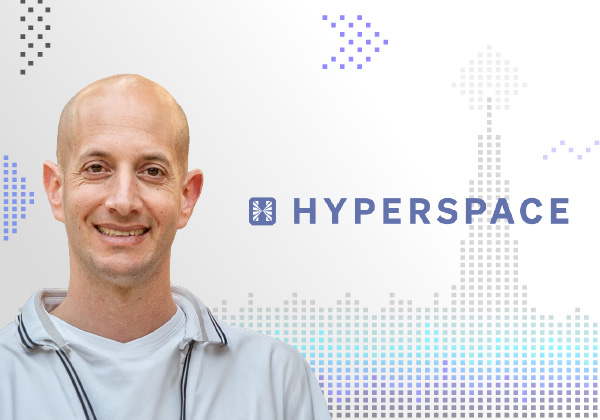
Unconventional Methods to Identify Bottlenecks in Low-Latency and High-Throughput Data Pipelines
Zamir Paltiel
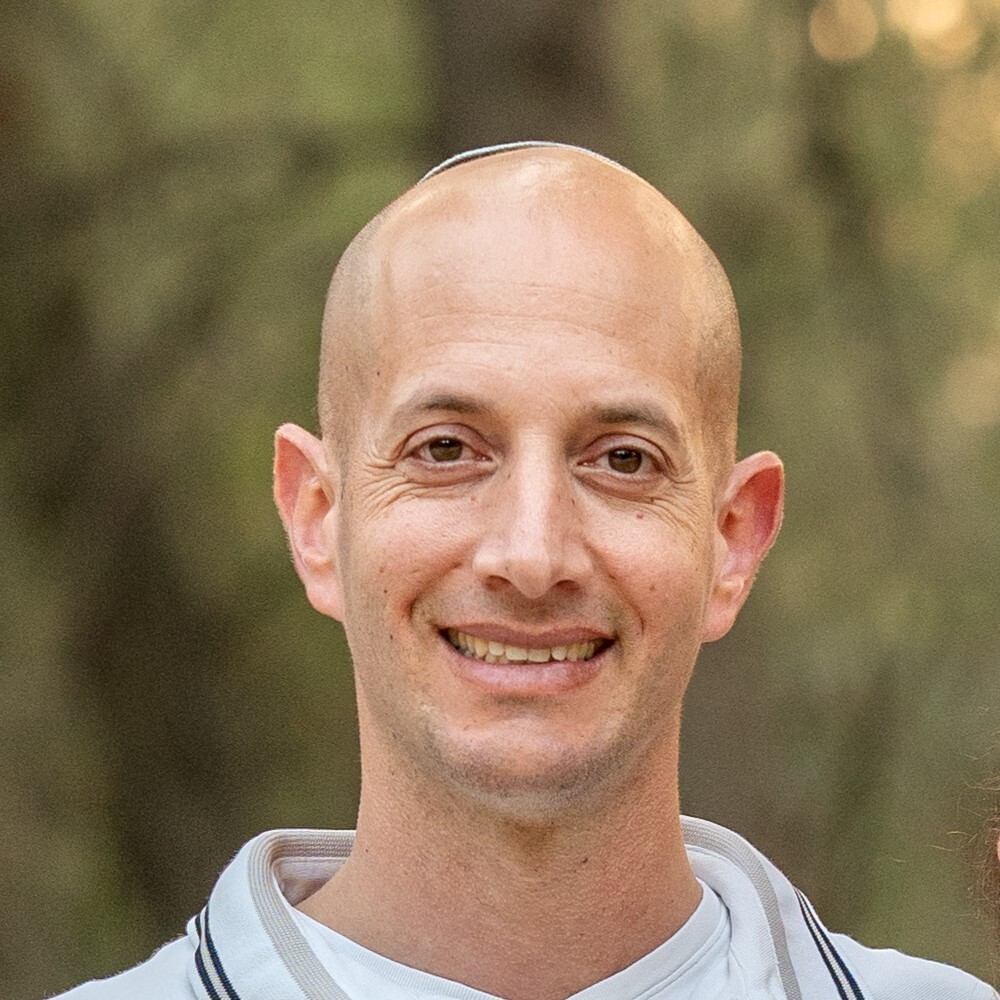

Zamir Paltiel
Unconventional Methods to Identify Bottlenecks in Low-Latency and High-Throughput Data Pipelines
Zamir has 12 years of experience in software development with an in-depth understanding of cloud solutions and performance engineering.
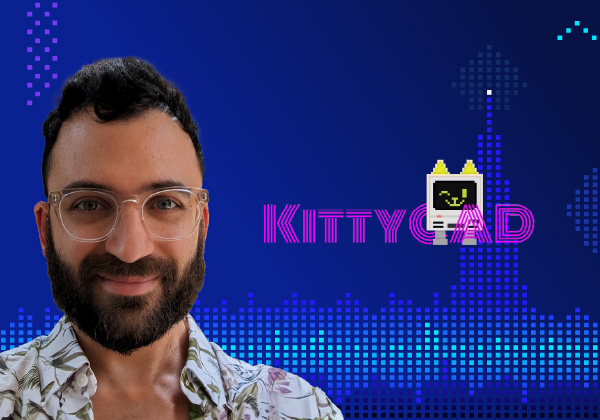
High-Level Rust for Backend Programming
Adam Chalmers
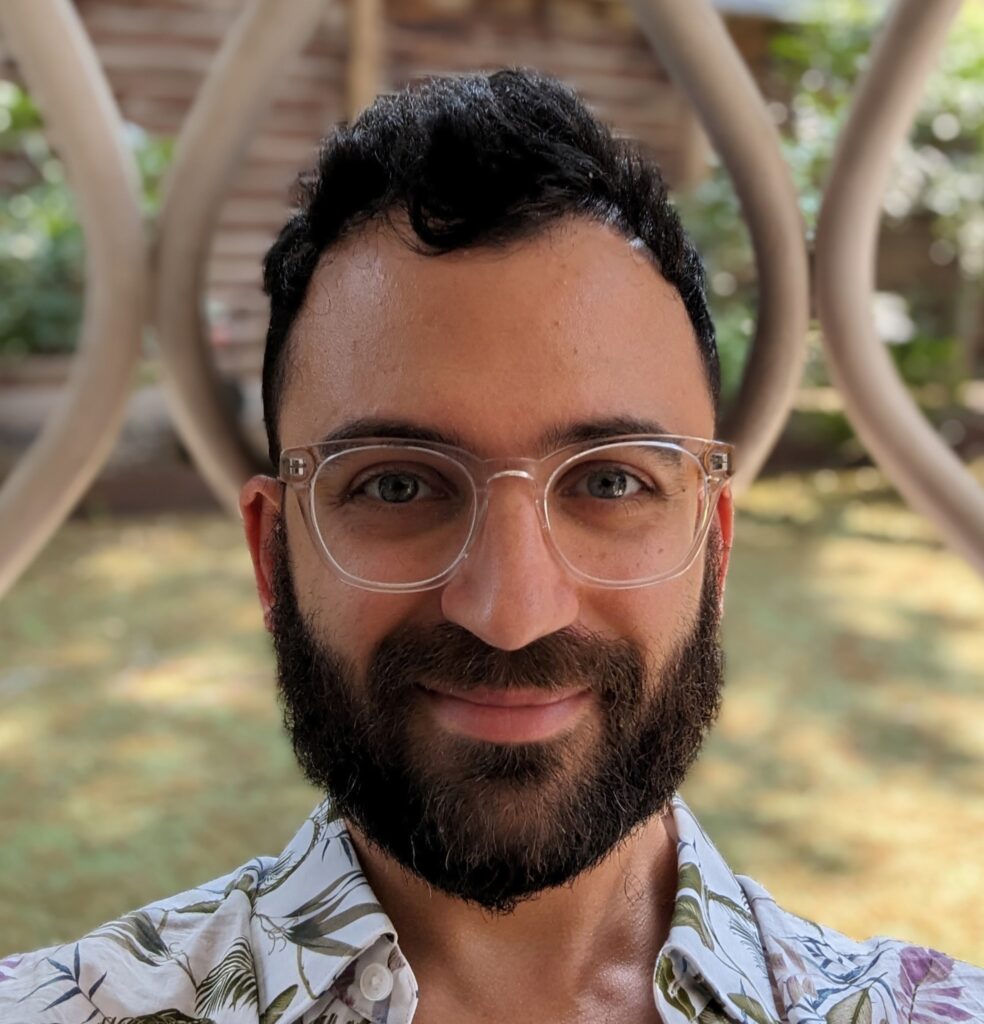
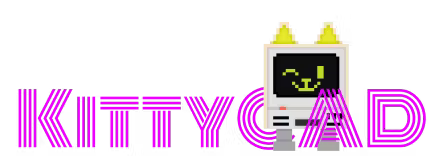
Adam Chalmers
High-Level Rust for Backend Programming
I started learning Rust for fun in 2017. I've now worked full-time with Rust for five years at Cloudflare and KittyCAD, writing high-performance and high-availability API servers and internet proxies.
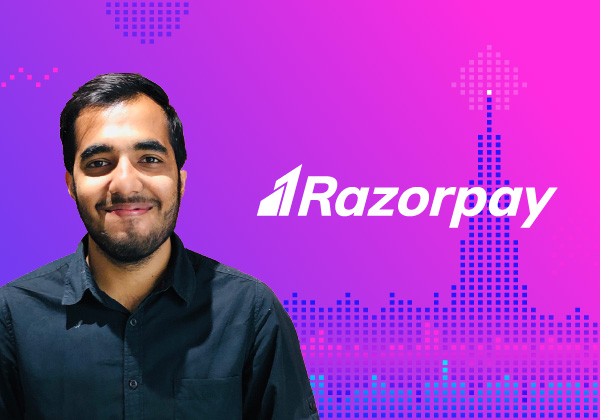
Peak Performance at the Edge: Running Razorpay’s High-Scale API Gateway
Jay Pathak
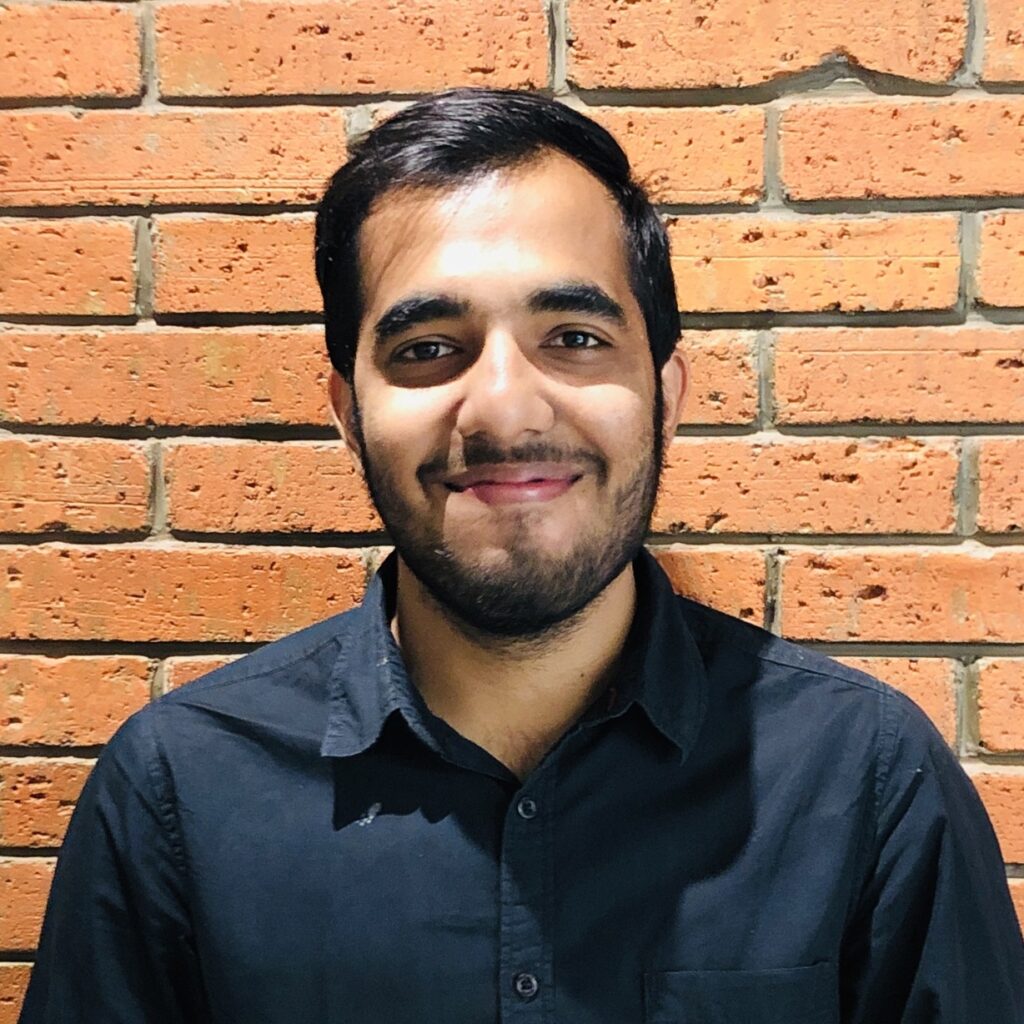

Jay Pathak
Peak Performance at the Edge: Running Razorpay’s High-Scale API Gateway
I am a Software Engineer at Razorpay, India where I am a part of the platform team which manages the API gateway. I like to work on challenges that solve problems at scale. I am also an active speaker where I participated in meetups and also took sessions to educate folks more on the challenges to run a highly available API gateway and also the software architecture of Edge- the API gateway for Razorpay.
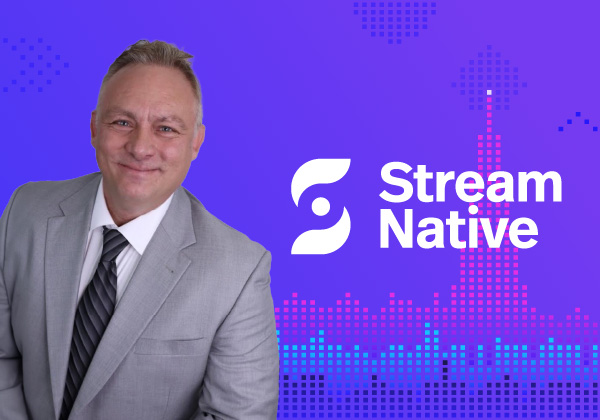
Segment-Based Storage vs. Partition-Based Storage: Which is Better for Real-Time Data Streaming?
David Kjerrumgaard

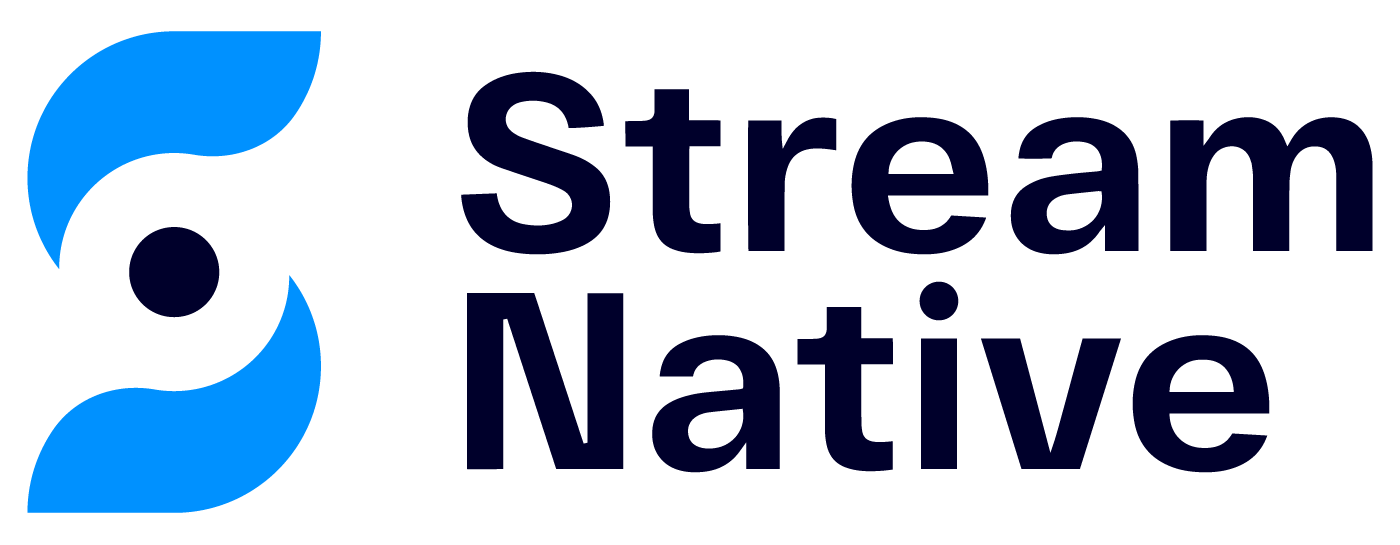
David Kjerrumgaard
Segment-Based Storage vs. Partition-Based Storage: Which is Better for Real-Time Data Streaming?
David is a committer on the Apache Pulsar project, the author of "Pulsar in Action" and co-author of "Practical Hive." He currently serves as a Developer Advocate for StreamNative, focusing on strengthening the Apache Pulsar community through education and evangelization. Before that, he was a principal software engineer on the messaging team at Splunk and Director of Solutions for two Big Data startups, Streamlio and Hortonworks.

Measuring the Impact of Network Latency at Twitter
Widya Salim


Widya Salim
Measuring the Impact of Network Latency at Twitter
Widya Salim is a data scientist & analyst with a total of 6+ years experience in operations and prototyping in the technology sector across Asia, Europe and North America. She was a data scientist intern at Twitter where she focused on inferring causal impact of latency on key business metrics. She is currently a data analyst at SEEK after completing her Masters in National University of Singapore.

Architecting a High-Performance (Open Source) Distributed Message Queuing System in C++
Vitaly Dzhitenov
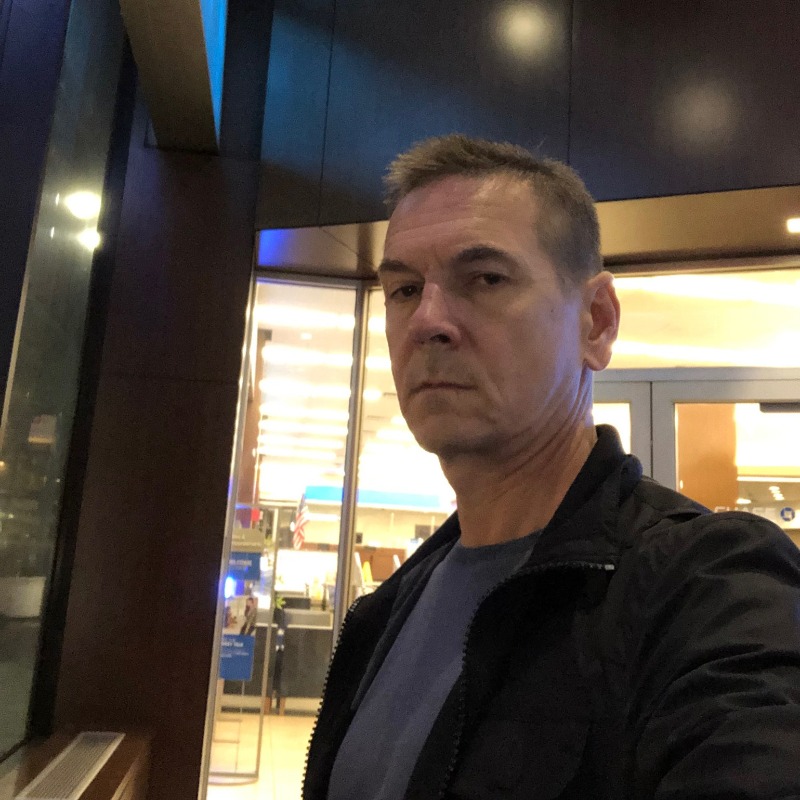
Vitaly Dzhitenov
Architecting a High-Performance (Open Source) Distributed Message Queuing System in C++
Passionate about low latency, high-performance, high-availability distributed solutions for over 20 years. Hands on experience with a broad range of technologies, including messaging systems, networks, policies, identity management, carrier and enterprise servers.

A Deep Dive Into Concurrent React
Matheus Albuquerque
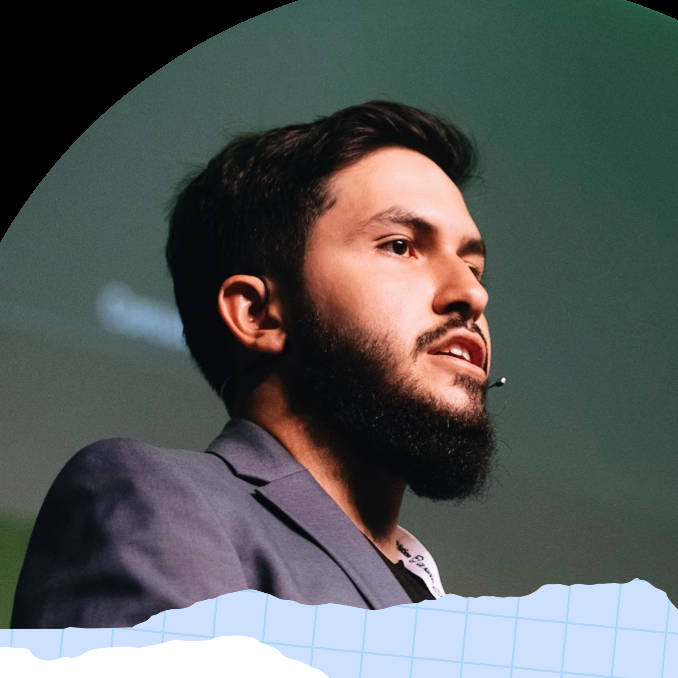

Matheus Albuquerque
A Deep Dive Into Concurrent React
Matheus is a Sr. Front-End Engineer at Medallia, building their surveys platform and helping them shape the customer experience market with React, and a Google Developer Expert in Web Performance. His areas of interest include React and its ecosystem, JS and compile-to-JS languages, DX, and perceived performance optimization. Aside from public speaking about these, he also volunteers at TechLabs, teaching front-end development.
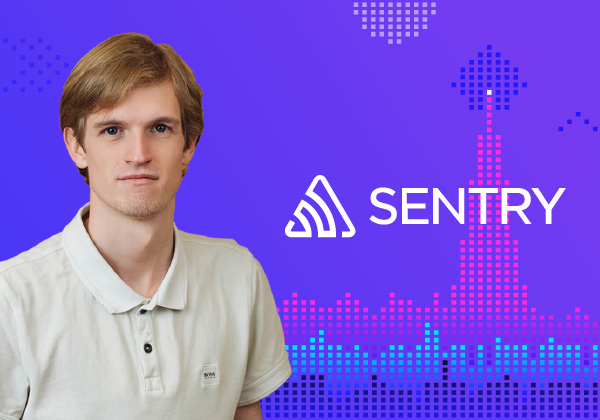
Ingesting in Rust
Armin Ronacher
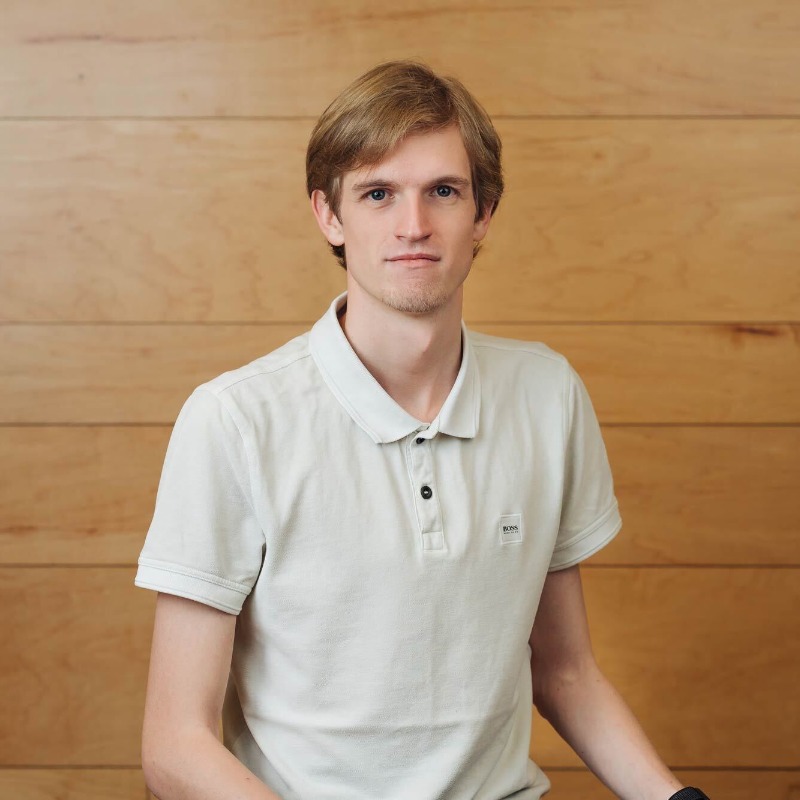
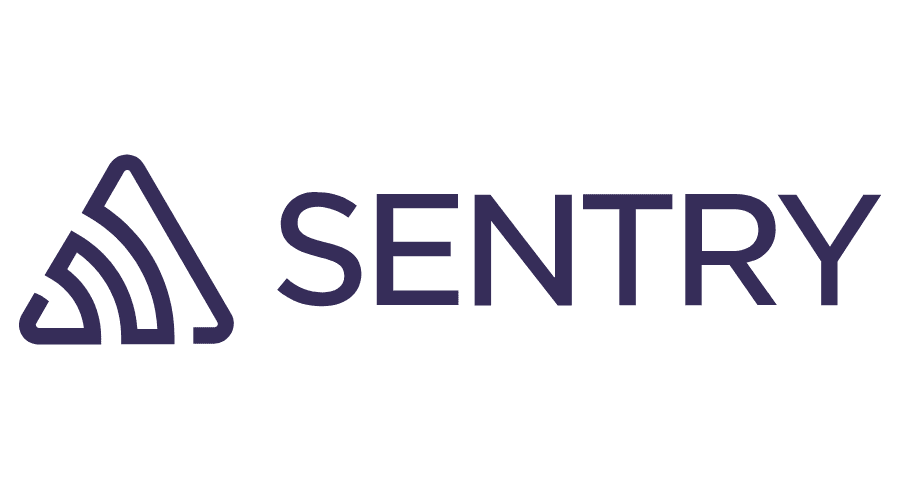
Armin Ronacher
Ingesting in Rust
Armin Ronacher is a Principal Architect at Sentry and is the creator of the Flask web framework for Python. He has worked on various Open Source and commercial projects, largely on the backend for the last 10+ years. Prior to joining Sentry, he was a Consultant and a Systems Architect on the Fireline project at Fireteam, leading many Open Source projects like the Flask microframework for Python, the Jinja2 template engine and many more. He has been credited on Batman Arkham Asylum, Halo The Master Chief Collection, and other games. His field of expertise is in large scale backend infrastructure, networking and online services and API design.
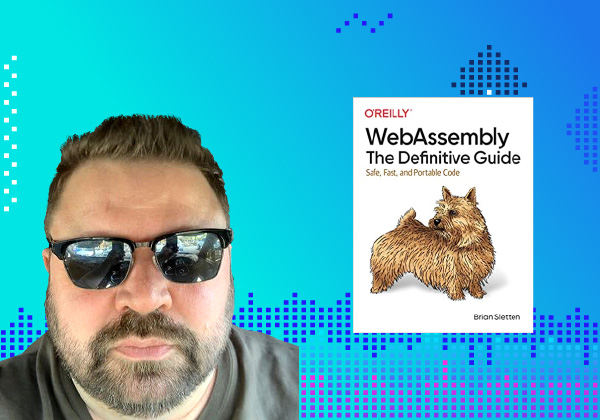
HTTP 3: Moving on From TCP
Brian Sletten
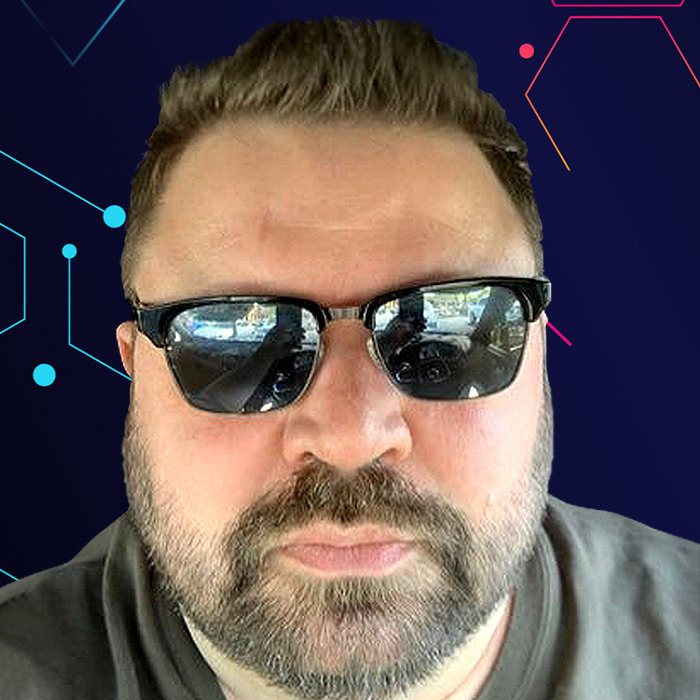
Brian Sletten
HTTP 3: Moving on From TCP
Brian Sletten is a liberal arts-educated software engineer with a focus on forward-leaning technologies. He is the author of the O’Reilly Media book, “WebAssembly: The Definitive Guide.” His experience has spanned many industries including retail, banking, online games, defense, finance, hospitality, and health care. He has a B.S. in Computer Science from the College of William and Mary and lives in Auburn, CA. He focuses on web architecture, resource-oriented computing, social networking, the Semantic Web, data science, 3D graphics, visualization, scalable systems, security consulting, and other technologies of the late 20th and early 21st Centuries. He is also a rabid reader, a devoted foodie, and has excellent taste in music. If pressed, he might tell you about his International Pop Recording career.
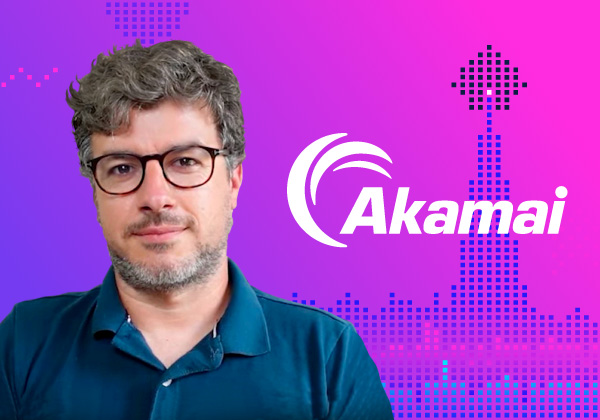
Noise Canceling RUM
Tim Vereecke
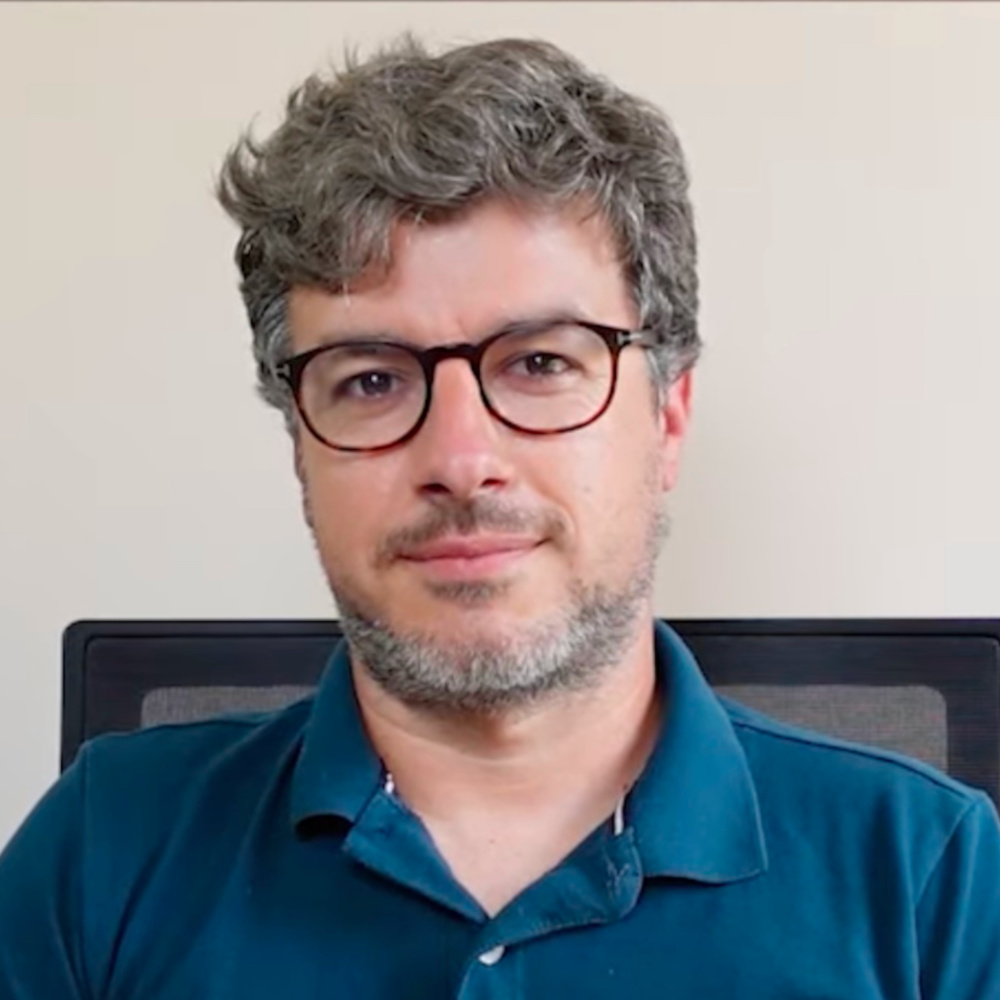
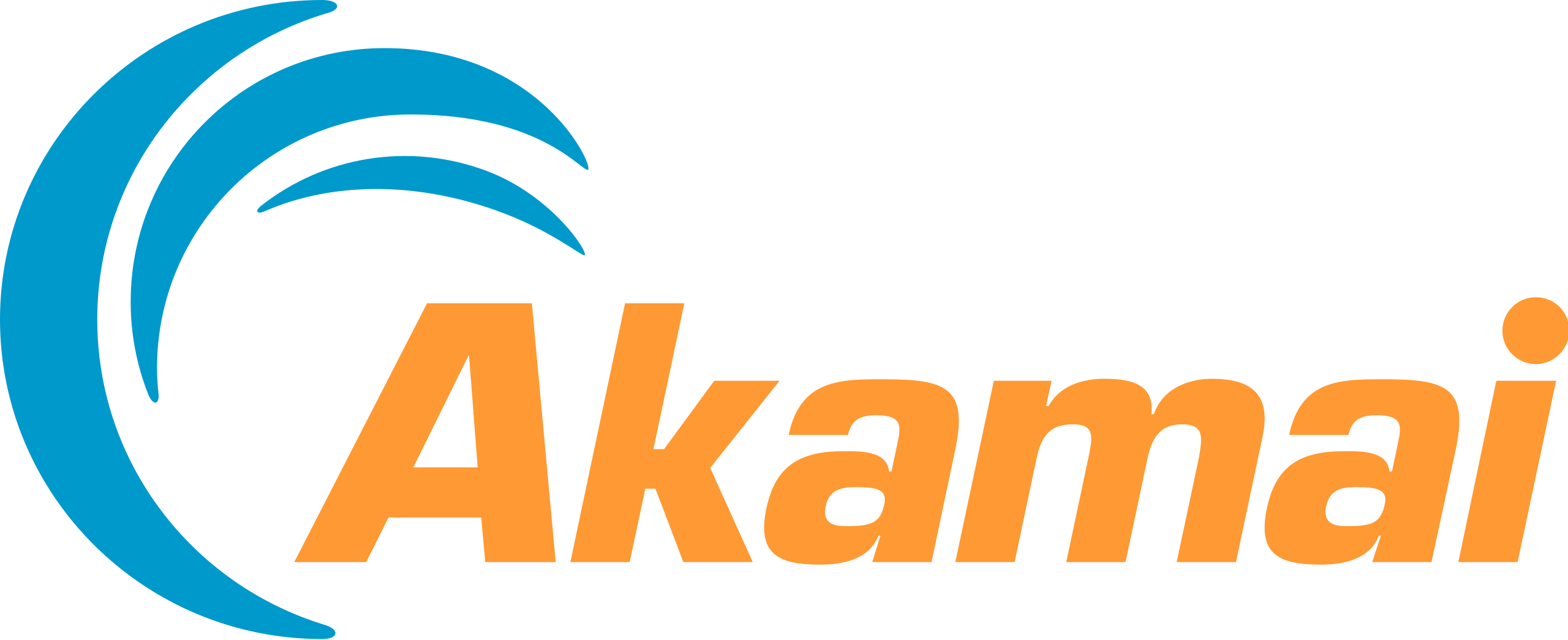
Tim Vereecke
Noise Canceling RUM
Tim Vereecke loves speeding up websites and likes to understand the technical and business aspects of WebPerf since 15+ years. He is a Web Performance Architect at Akamai and also runs scalemates.com: the largest (and fastest!) scale modeling website on the planet.

Cost-Effective Burst Scaling For Distributed Query Execution
Dan Harris
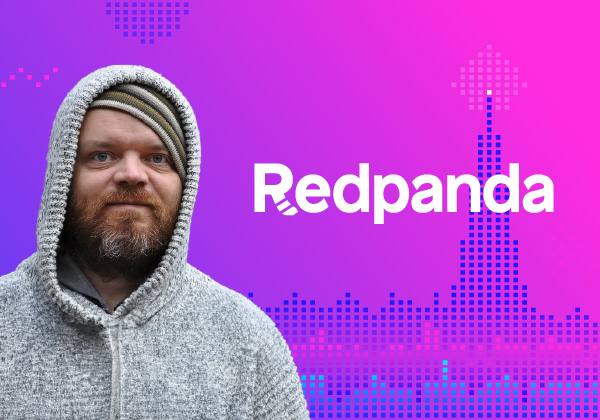
Adventures in Thread-per-Core Async with Redpanda and Seastar
Travis Downs
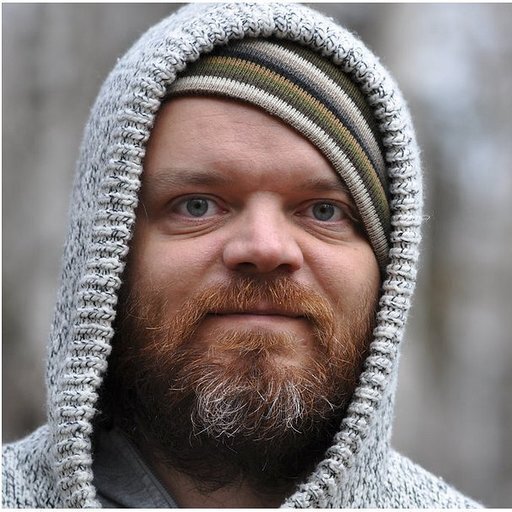

Travis Downs
Adventures in Thread-per-Core Async with Redpanda and Seastar
Travis loves going deep on performance, all the way to assembly if needed! In his role as engineer at streaming data pioneer Redpanda, he works on all aspects of performance. Prior to Redpanda he held principal and lead technical staff positions at Salesforce, and software architect roles at SAP and Business Objects. He earned his BSc in Physics and Computer Science from The University of British Columbia. In his pre-parenting years, when he had free time, he could be found writing on his blog or skiing the slopes near his home base in British Columbia, Canada.

Mitigating the Impact of State Management in Cloud Stream Processing Systems
Yingjun Wu


Yingjun Wu
Mitigating the Impact of State Management in Cloud Stream Processing Systems
Yingjun Wu is the founder of RisingWave Labs (https://www.risingwave.com/), a database company developing RisingWave, a distributed SQL database for stream processing. Before running the company, Yingjun was a software engineer at the Redshift team, Amazon Web Services, and a researcher at the Database group, IBM Almaden Research Center. Yingjun received his PhD degree from National University of Singapore, and was a visiting PhD at Carnegie Mellon University. He has been working in the field of stream processing and database systems for over a decade.
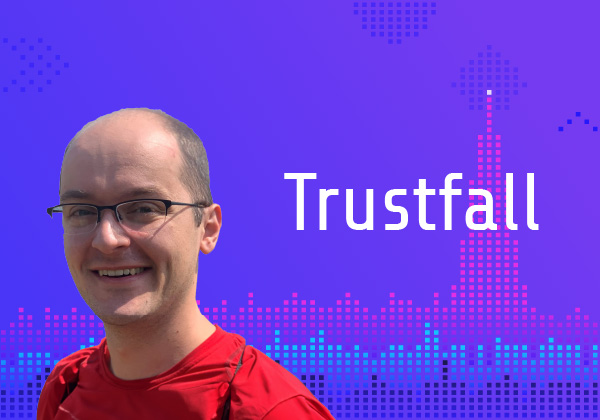
5 Hours to 7.7 Seconds: How Database Tricks Sped up Rust Linting Over 2000X
Predrag Gruevski
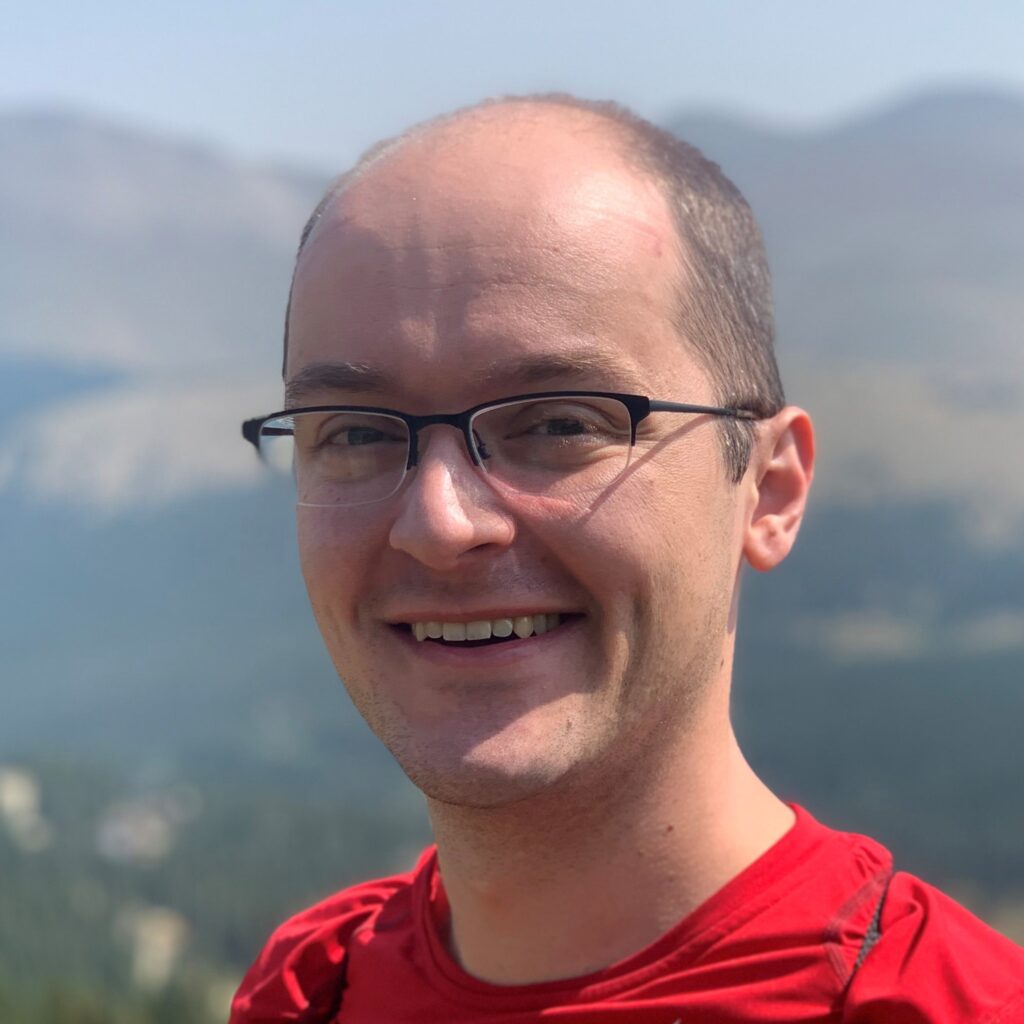
Predrag Gruevski
5 Hours to 7.7 Seconds: How Database Tricks Sped up Rust Linting Over 2000X
Predrag has spent the last 8 years working on query engines for almost every kind of data imaginable: from relational and graph databases to APIs and unstructured data files. He built Trustfall, a universal query engine that can query any data source(s), and cargo-semver-checks, a semantic versioning linter for Rust. Previously, Predrag was a principal engineer at Kensho Technologies, did performance engineering research at MIT, and competed in international math and programming competitions. When not in front of a screen, Predrag enjoys skiing, ice hockey, and board games. He is also a huge space nerd. Ask him about the time he went to watch a giant rocket explode!
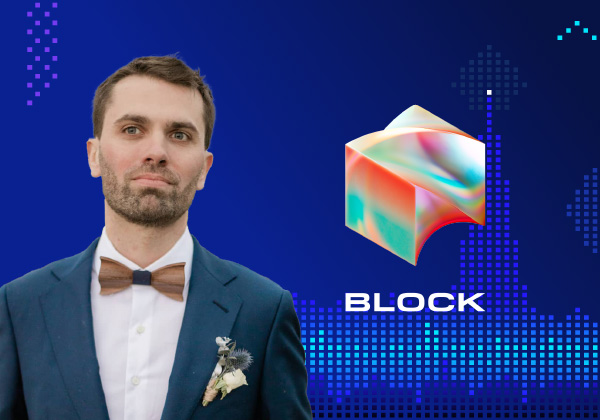
Interaction Latency: Square's User-Centric Mobile Performance Metric
Pierre-Yves Ricau
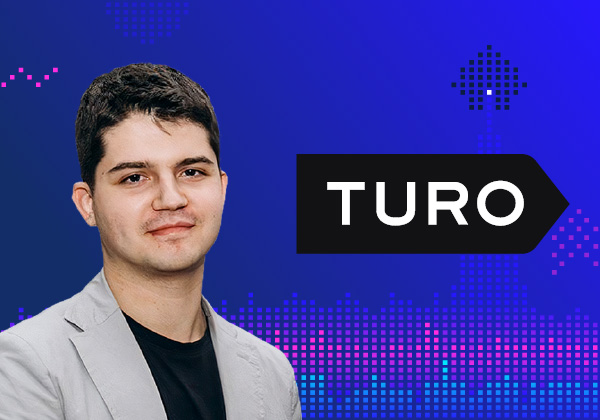
How We Reduced the Startup Time for Turo's Android App by 77%
Pavlo Stavytskyi


Pavlo Stavytskyi
How We Reduced the Startup Time for Turo's Android App by 77%
Pavlo is a Google Developer Expert for Android and Kotlin. He works at Turo as Sr. Staff Software Engineer. Previously he worked at Lyft on mobile infrastructure. He develops Android apps, focusing on mobile performance, developer productivity, and infrastructure.

99.99% of Your Traces are Trash
Paige Cruz


Paige Cruz
99.99% of Your Traces are Trash
Paige Cruz is a Senior Developer Advocate at Chronosphere passionate about cultivating sustainable on-call practices and bringing folks their aha moment with observability. She started as a software engineer at New Relic before switching to Site Reliability Engineering holding the pager for InVision, Lightstep, and Weedmaps. Off-the-clock you can find her spinning yarn, swooning over alpacas, or watching trash TV on Bravo.
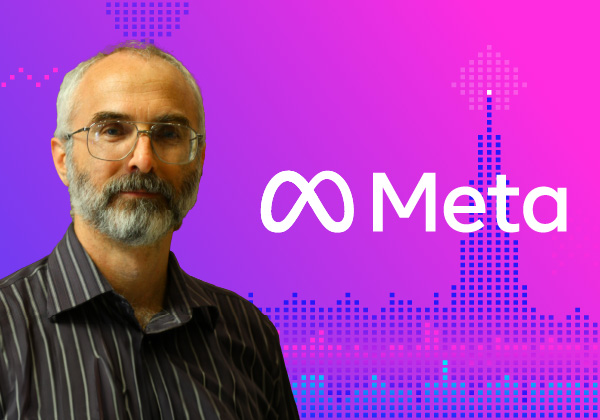
How to Avoid Learning the Linux-Kernel Memory Model
Paul McKenney
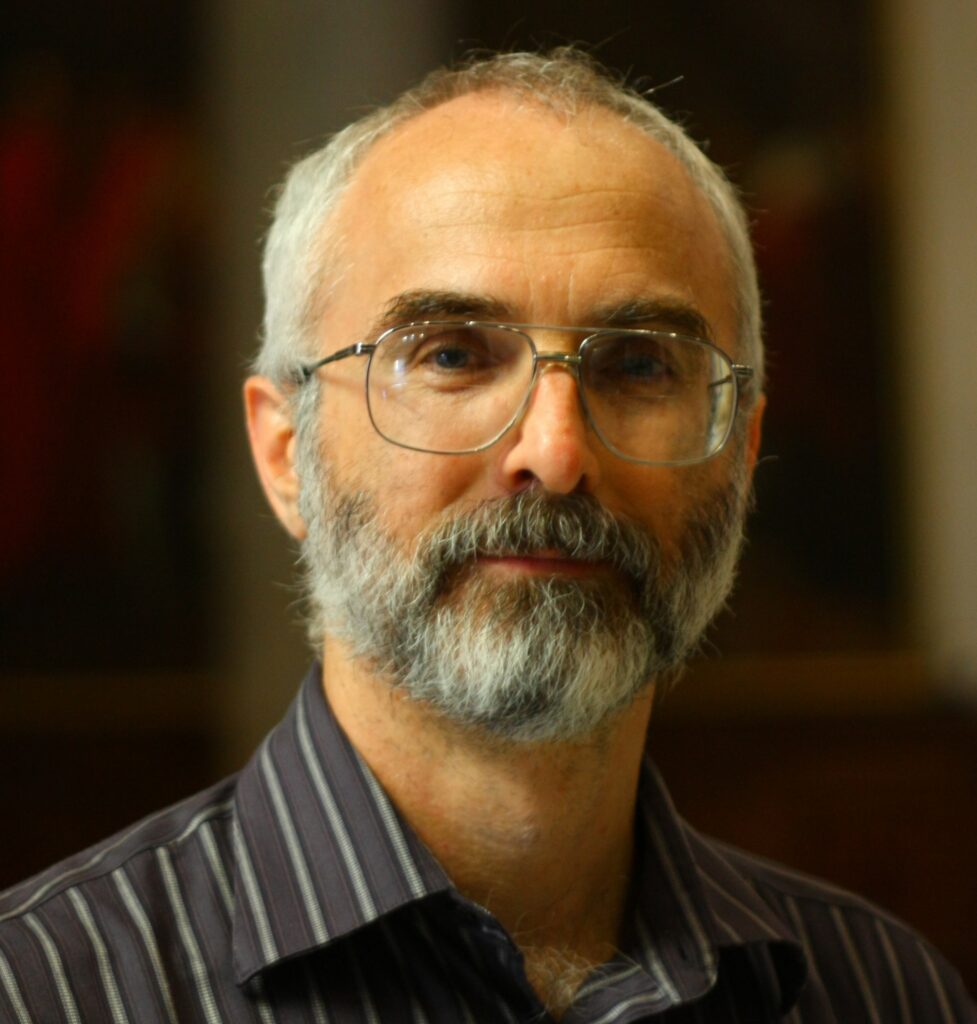

Paul McKenney
How to Avoid Learning the Linux-Kernel Memory Model
Paul E. McKenney is a software engineer at Meta Platforms, and has been coding for almost half a century, with more than half of that on multicore hardware. Paul maintains the RCU implementation within the Linux kernel, where the variety of workloads present highly entertaining performance, scalability, real-time response, and energy-efficiency challenges. Paul also is a maintainer for the Linux-kernel memory model (LKMM), the kernel concurrency sanitizer (KCSAN), and the nolibc library.

The Art of Macro Benchmarking: Evaluating Cloud Native Services Efficiency
Bartłomiej Płotka


Bartłomiej Płotka
The Art of Macro Benchmarking: Evaluating Cloud Native Services Efficiency
Bartek Płotka is a Senior Software Engineer at Google. SWE by heart, with an SRE background, working on Observability for OSS and Google Cloud Users. Previously Principal Software Engineer at Red Hat. Author of "Efficient Go" book with O'Reilly. As the co-founder of the CNCF Thanos project and core maintainer of various open-source projects, including Prometheus, he enjoys building OSS communities and maintainable, reliable distributed systems, ideally in Go. CNCF TAG Observability Technical Lead.
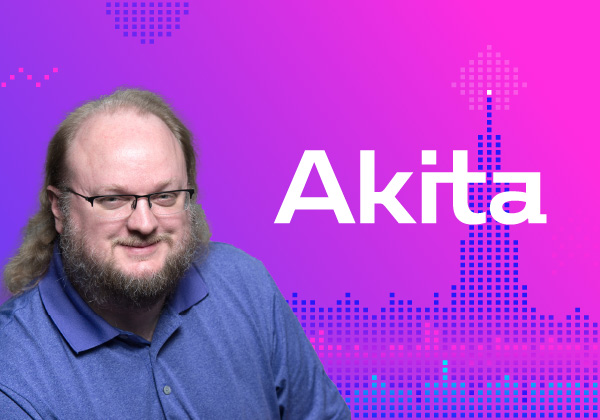
The Latency Stack: Discovering Surprising Sources of Latency
Mark Gritter
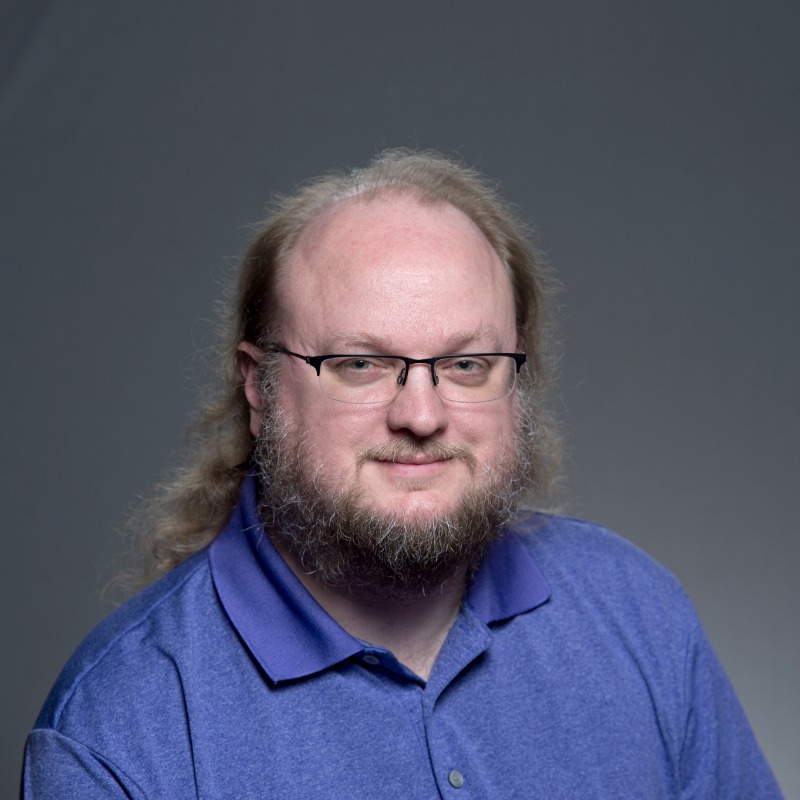

Mark Gritter
The Latency Stack: Discovering Surprising Sources of Latency
Mark is on startup #4, having previously worked on streaming video at Kealia; VM-aware flash data storage at Tintri; observability on the HashiCorp Vault team; and now API observability at Akita Software (now Postman). His non-work interests include combinatorial games, generative systems, and gardening.
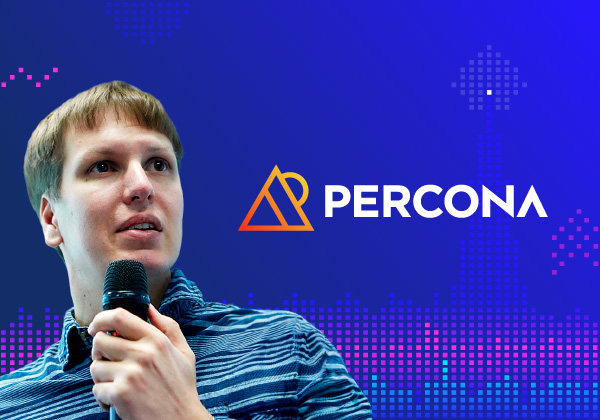
MySQL Performance on Modern CPUs: Intel vs AMD vs ARM
Peter Zaitsev
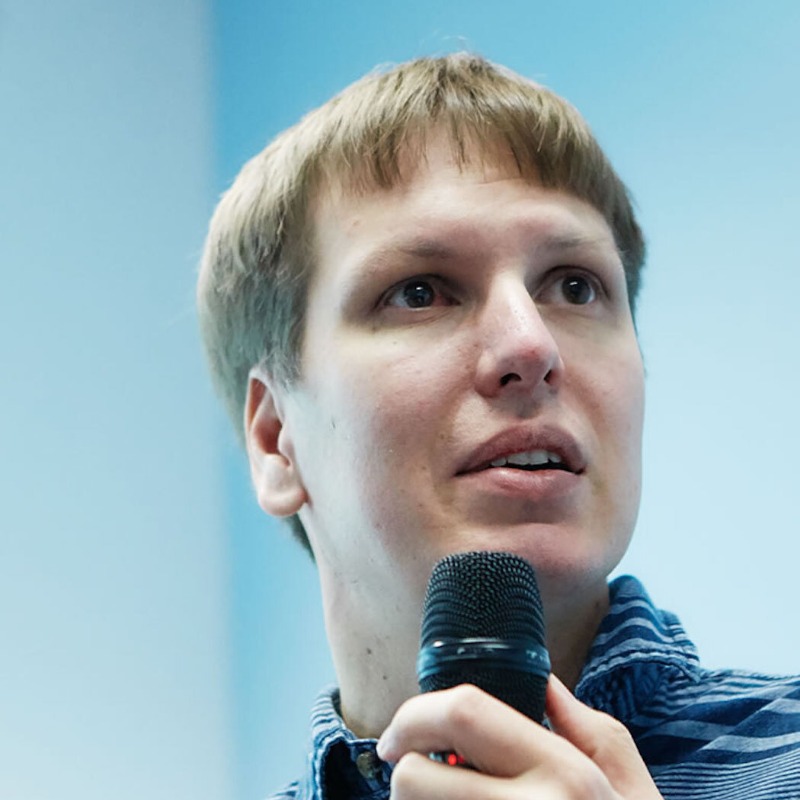

Peter Zaitsev
MySQL Performance on Modern CPUs: Intel vs AMD vs ARM
Peter Zaitsev is an entrepreneur and co-founder of Percona. As one of the leading experts in Open Source strategy and database optimization, Peter has used his technical vision and entrepreneurial skills to grow Percona from a two-person store into one of the most respected open source companies in the business with over 350 employees. Peter now continues to serve as a board member and advisor to a range of open source startups. Peter is the co-author of the book "High Performance MySQL: Optimization, Backup, and Replication," one of the most popular books on MySQL performance.
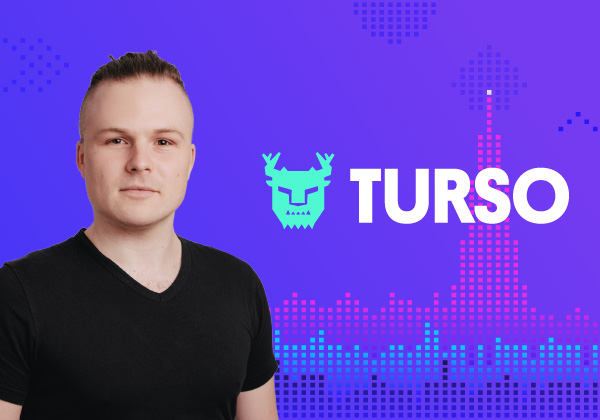
Less Wasm
Piotr Sarna


Piotr Sarna
Less Wasm
* Graduated from the University of Warsaw with MSc in Computer Science * Used to develop a distributed file system * Wrote a few patches for the Linux kernel * Ex-maintainer of ScyllaDB and Seastar * Staff Software Engineer @Turso * Maintainer of libSQL
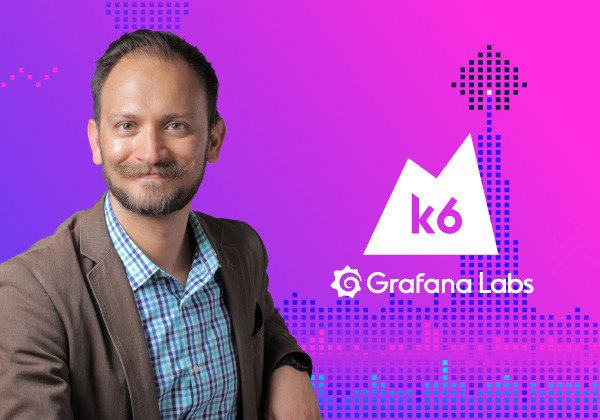
Chihuahua-Sized Load Tests!
Leandro Melendez

Leandro Melendez
Chihuahua-Sized Load Tests!
Leandro is a performance testing advocate with K6-Grafana helping everyone to ramp up on their performance practices. He has over 20 years of experience in IT and over 10 in the performance testing practice where he served multiple S&P500 customers all over the USA, Mexico, Canada, Brazil, India, Austria, etc. Author of the popular performance testing blog Señor Performo (www.srperf.com) where he curates a diverse set of learning material for performance testers and engineers. He is the producer and host of the Spanish language version of the PerfBytes podcast and the Señor Performo learning YouTube channels. He is an international public speaker participating in multiple conferences, events and webinars, with keynotes, workshops and multiple talks on his belt. And last, author of "The Hitchhikers Guide To Load Testing Projects", a fun walkthrough that will guide you through the phases or levels of an IT load testing project.

Measuring the Impact of Network Latency at Twitter
Victor Ma


Victor Ma
Measuring the Impact of Network Latency at Twitter
Victor is currently a senior data scientist at Airwallex supporting revenue strategy and commercial operations. Previously, he worked at Twitter on performance optimization and infrastructure efficiency, and at the beginning of his career, at MITRE on early warning defense radar systems. In his free time, he is an avid tennis player and calisthenics enthusiast.
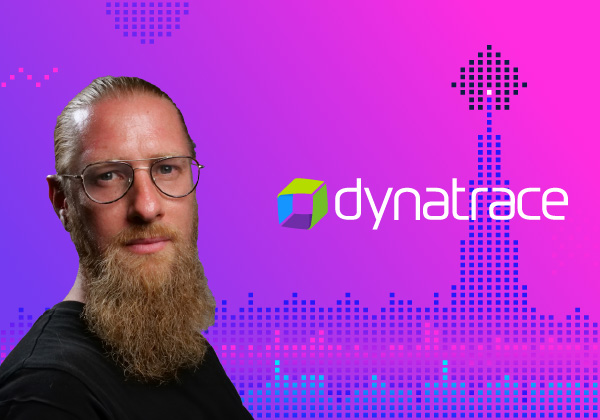
The Art of Event Driven Observability with OpenTelemetry
Henrik Rexed
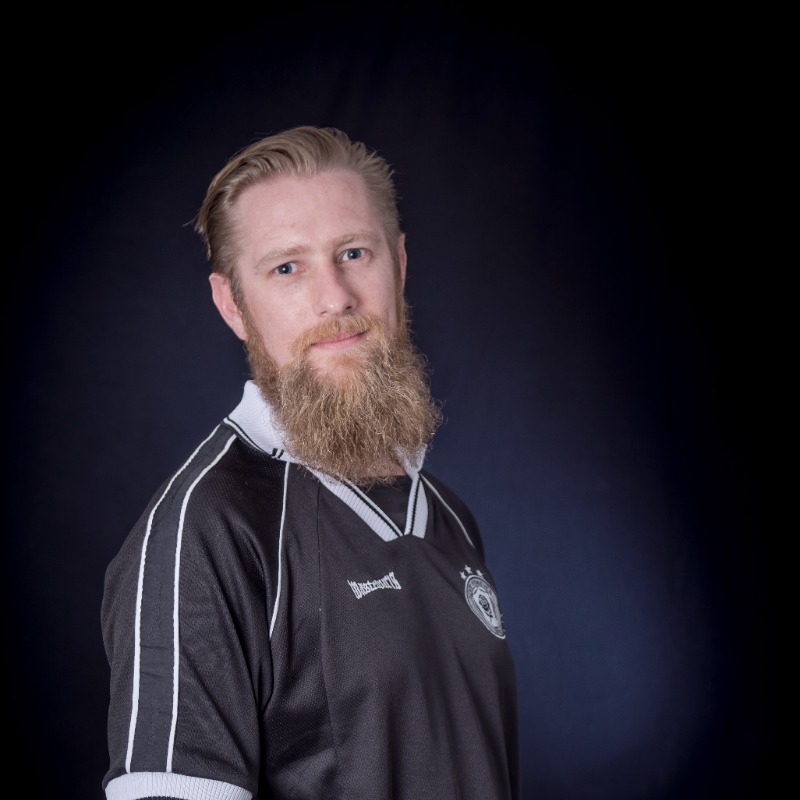

Henrik Rexed
The Art of Event Driven Observability with OpenTelemetry
Henrik is a Cloud Native Advocate at Dynatrace, the leading Observability platform. Prior to Dynatrace, Henrik has worked as a Partner Solution Evangelist at Neotys, delivering webinars, building protypes to enhance the capability of NeoLoad. He has been working in the performance world more than 15 years, delivering projects in all contexts including extremely large Cloud testing on the most demanding business areas such as trading applications, Video on Demand, sports websites, etc. Henrik Rexed Is Also one of the Organizer of the Conference named Performance Advisory Council.
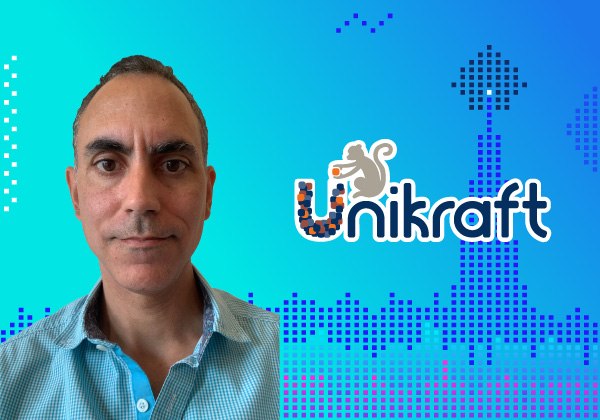
Building a 10x More Efficient Edge Platform
Felipe Huici


Felipe Huici
Building a 10x More Efficient Edge Platform
Dr. Felipe Huici is CEO and Co-Founder of Unikraft UG, a start-up dedicated to lightweight and open source virtualization technologies and to significantly lowering cloud infrastructure bills. In addition, Felipe is a chief researcher at NEC Laboratories Europe in Heidelberg, Germany where his main research and interests lie in the areas of high performance software systems, in particular virtualization, specialization and security. He has published in several top tier conferences such as SOSP, ASPLOS, OSDI, Eurosys, SIGCOMM, NSDI and CoNEXT. Finally, Felipe is one of the founders of the maintainers of the Linux Foundation Unikraft open source project.
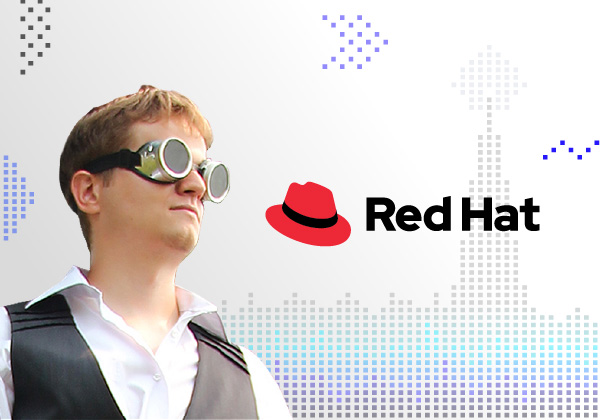
Demanding the Impossible: Rigorous Database Benchmarking
Dmitrii Dolgov
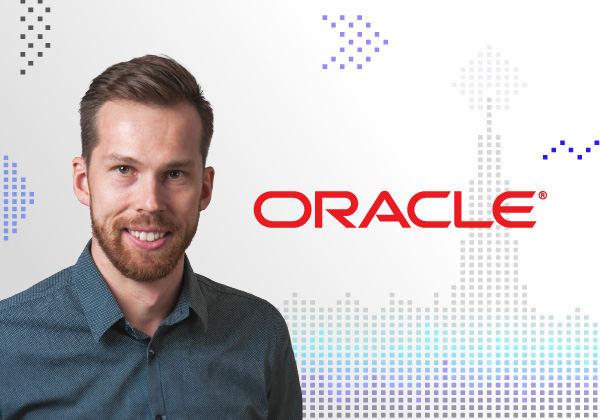
Reducing P99 Latencies with Generational ZGC
Stefan Johansson


Stefan Johansson
Reducing P99 Latencies with Generational ZGC
Stefan is a software engineer working in the HotSpot GC-team at Oracle. He joined the GC-team in 2013 and has been active in OpenJDK since then with a focus on the G1 garbage collector. Prior to working with GC in the JVM he was working on other JVM related projects at Oracle/Bea.
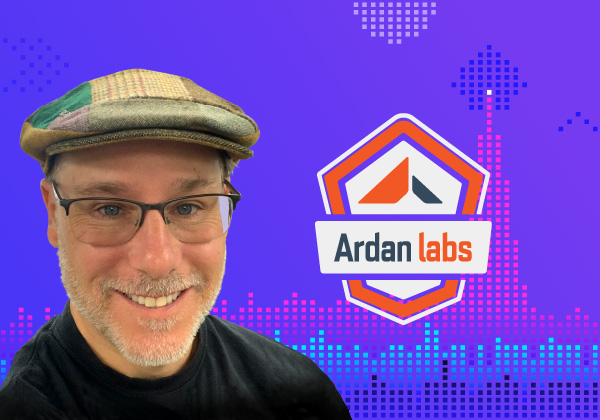
Practical Go Memory Profiling
William Kennedy

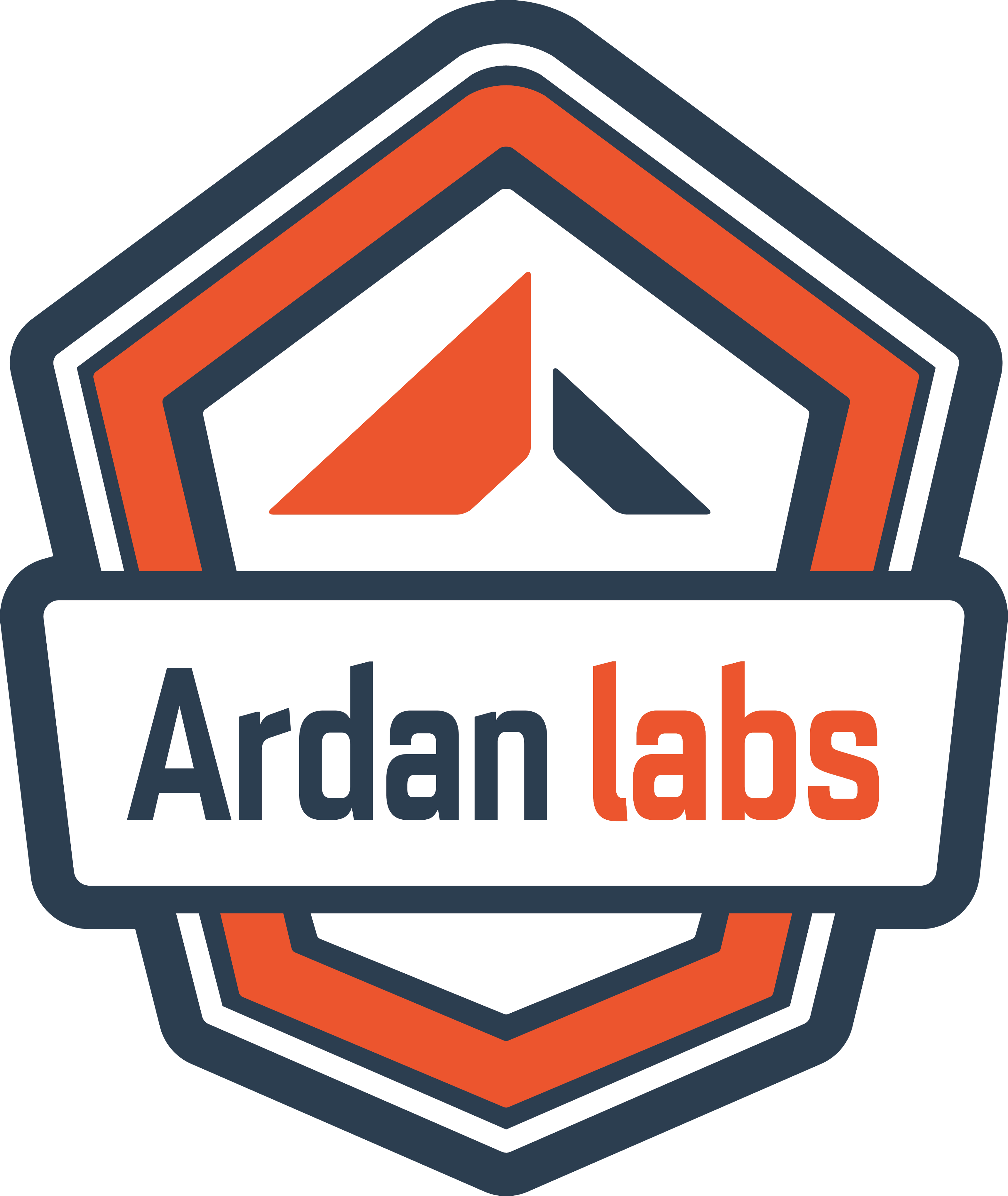
William Kennedy
Practical Go Memory Profiling
William Kennedy is a managing partner at Ardan Labs in Miami, Florida. Ardan is a group of passionate engineers, artists and business professionals focused on building and delivering reliable, secure and scalable solutions. Bill is also the author of Go in Action and the Ultimate Go Notebook, plus the author of over 100 blog posts and articles about Go. Lastly, he is a founding member of GoBridge and the GDN, which are organizations working to increase Go adoption through diversity.
Schedule
Wednesday, October 18
8:00am – 1:00pm Pacific Time
15:00 – 20:00 UTC
Thursday, October 19
8:00am – 1:00pm Pacific Time
15:00 – 20:00 UTC
Join us for two half days of keynotes, technical deep dives, and lively conversations on all things P99.
Follow us on Twitter @p99conf for the latest updates.
Full agenda will be announced soon.
Overheard at P99 CONF
📺 The recording from my @P99CONF talk about continuous performance regression testing with #JfrUnit is up now!
— Gunnar Morling 🌍 (@gunnarmorling) October 8, 2021
Shout-out to @PeterCorless and crew for organizing this excellent event, one of the best virtual conferences I've seen so far 💯!https://t.co/7sMOtbAFpq
The terrific work by the @P99CONF crew has me wondering if virtual conferences might be the future: the platform fostered collaboration, the price was right (free!), and (best of all?) the videos are already out! Viz. my talk from this morning: https://t.co/qWKsqt43nq
— Bryan Cantrill (@bcantrill) October 7, 2021
geez #p99conf is just so full of goodness. these are from @Hrexed, thinking about kubernetes like an onion, and what to consider tracking at each layer pic.twitter.com/2yaUWWBp0Q
— Rachel Stephens (@rstephensme) October 20, 2022
That was fun! Great questions from the #p99conf crowd https://t.co/bSRedaDN6x
— Liz Rice 🐝 💙💛 (@lizrice) October 19, 2022
Well the Cloud is not free and Software Engineering matters even for Enterprises 🙂 Also I am sorry for you If you missed #p99conf 😀. Don't miss it next year. #ScyllaDB pic.twitter.com/pqmE0KijlZ
— Bulent Coskun (@bulentcoskun) October 20, 2022
This is why I loved the @P99CONF format. Talks were pre-recorded, discord chat with the speaker during their talk and live Q/A after. Low stress for everyone - easy to get at missed talks.
— SMT Solvers (@SMT_Solvers) October 22, 2021
You know it's gonna be a good conference when you start slacking about it with co-workers immediately. #p99conf #scylladb - Measuring Misery was full of great content. pic.twitter.com/3yAHv2qsex
— Steven Cole (@steve_the_dm) October 19, 2022
The second day of #p99conf and #scylladb. One of the best tech conference nowadays. By engineers for engineers.
— Marcin Rusek (@marcin_rusek) October 20, 2022
I really enjoyed the talks (and hallway track!) yesterday at #p99conf, and I am looking forward to giving my own this morning on the primacy of toolmaking. The talks are prerecorded and registration is free -- so you can join me in heckling myself! https://t.co/MY15cF0S1I
— Bryan Cantrill (@bcantrill) October 20, 2022
Why Attend the P99 Conference?
There’s no other event like this — a conference for engineers by engineers, where we’ll share novel approaches for solving complex problems efficiently and at speed. Vendor and tool agnostic, this conference will be for a highly technical audience only. Your boss’s boss is not invited.


